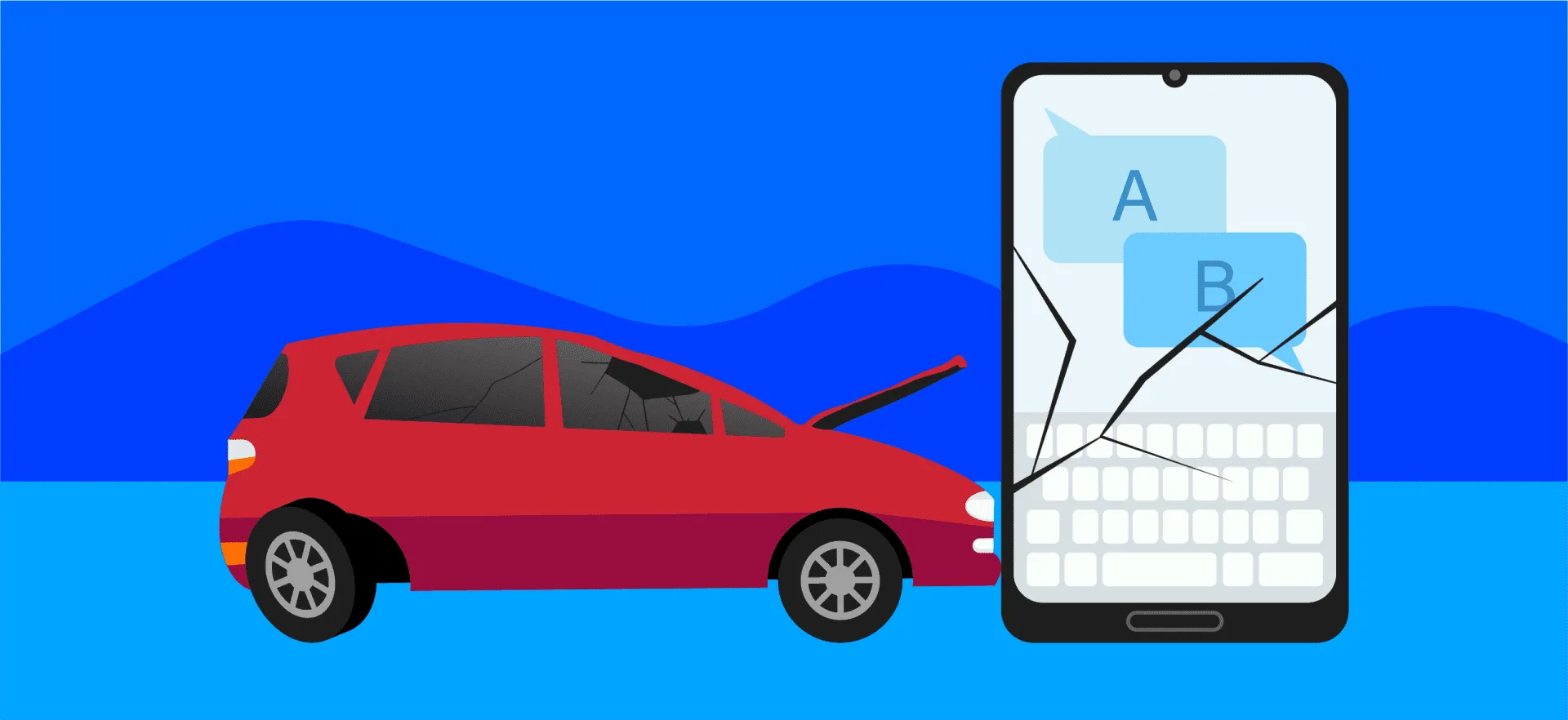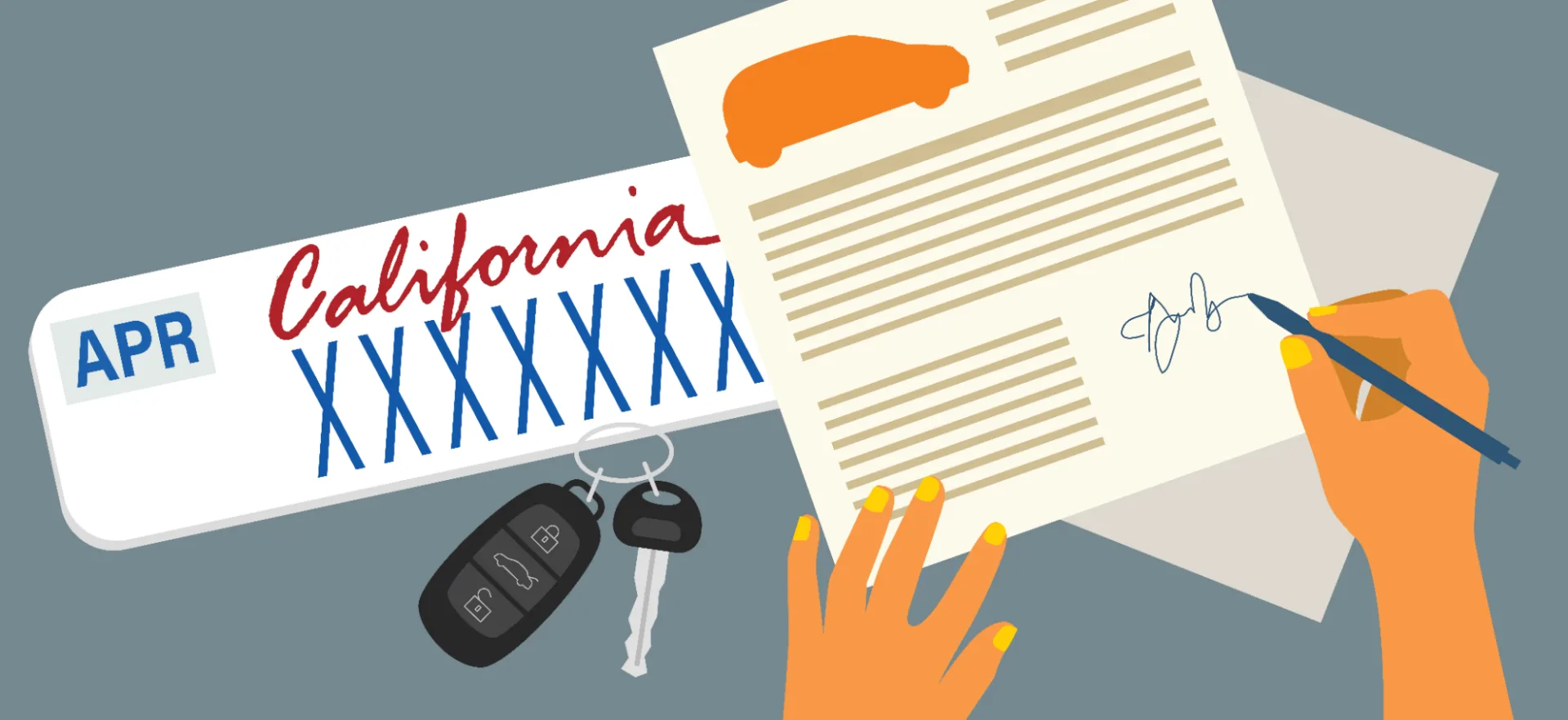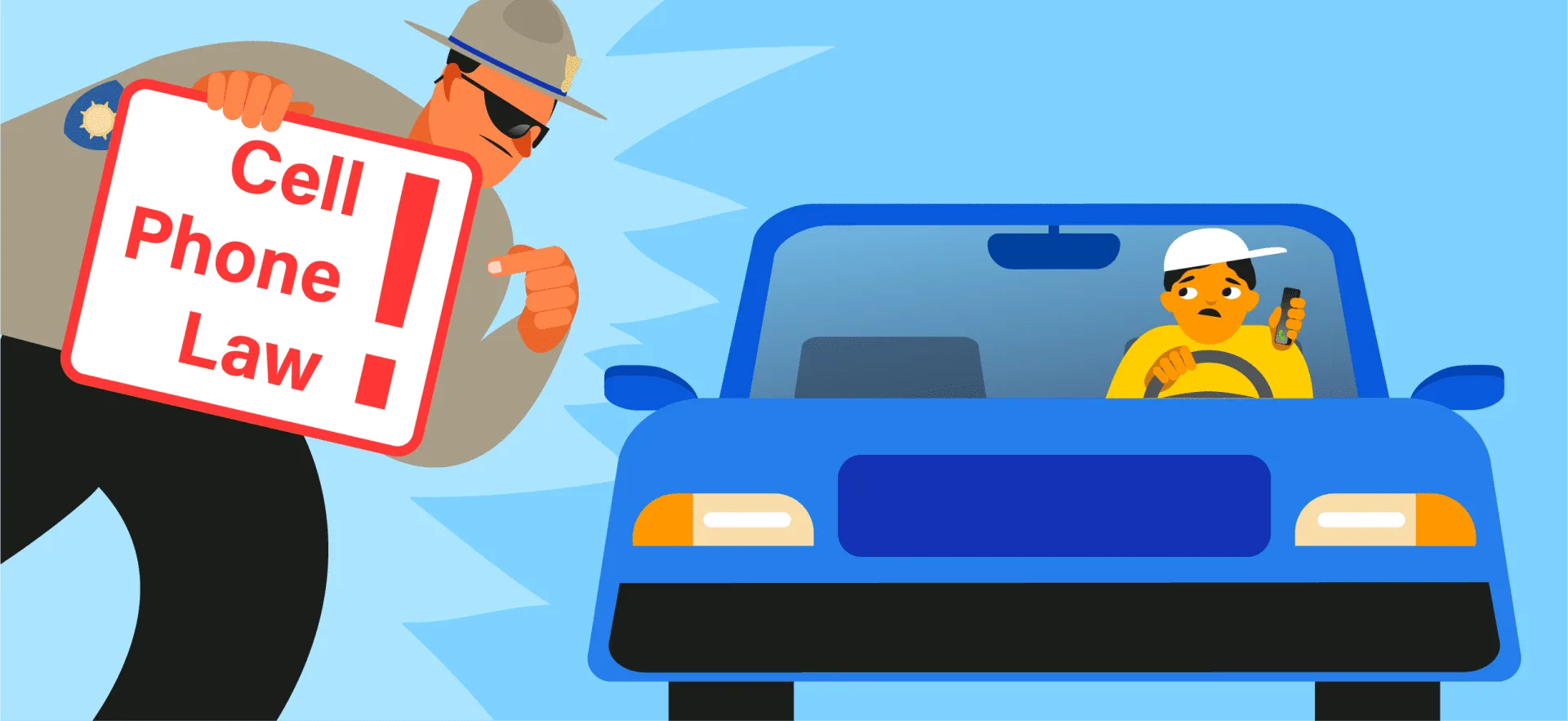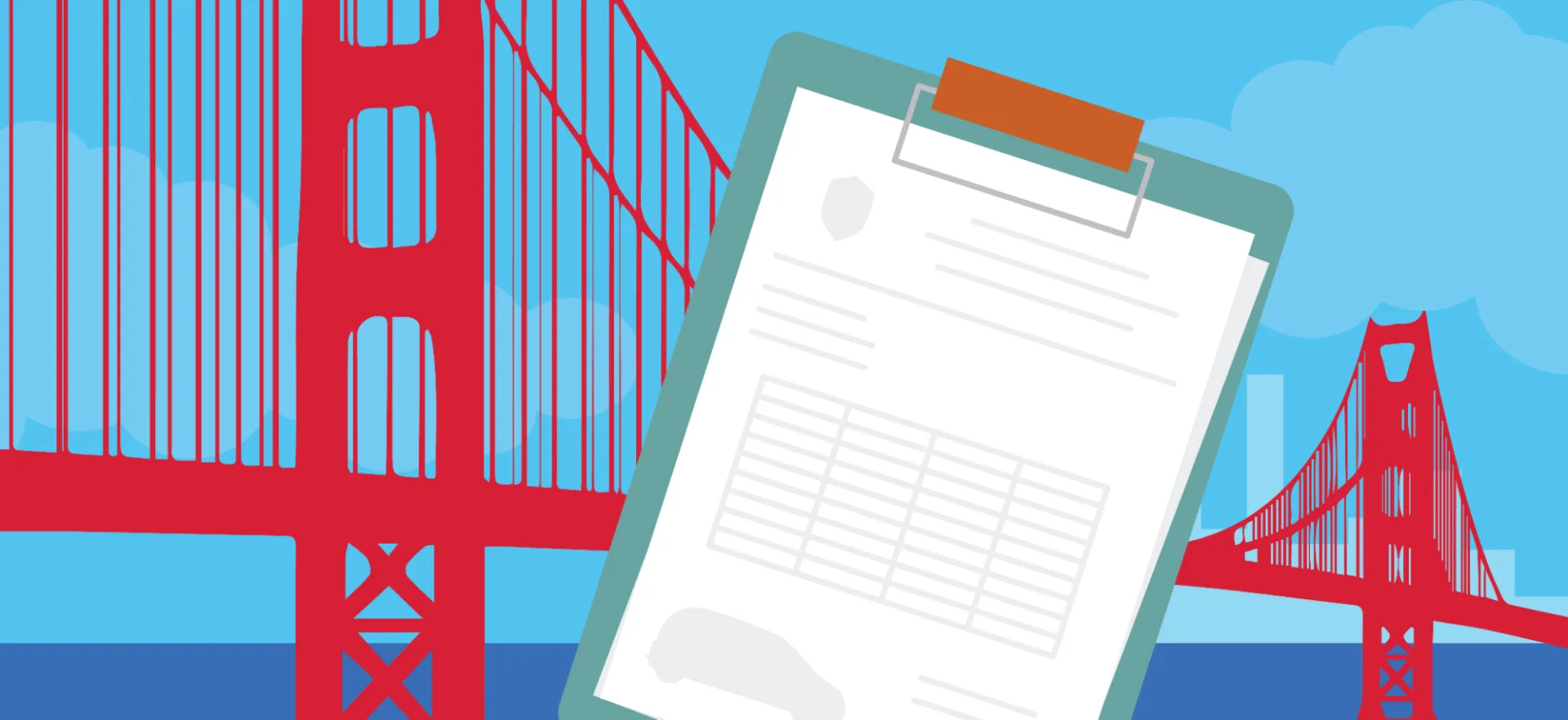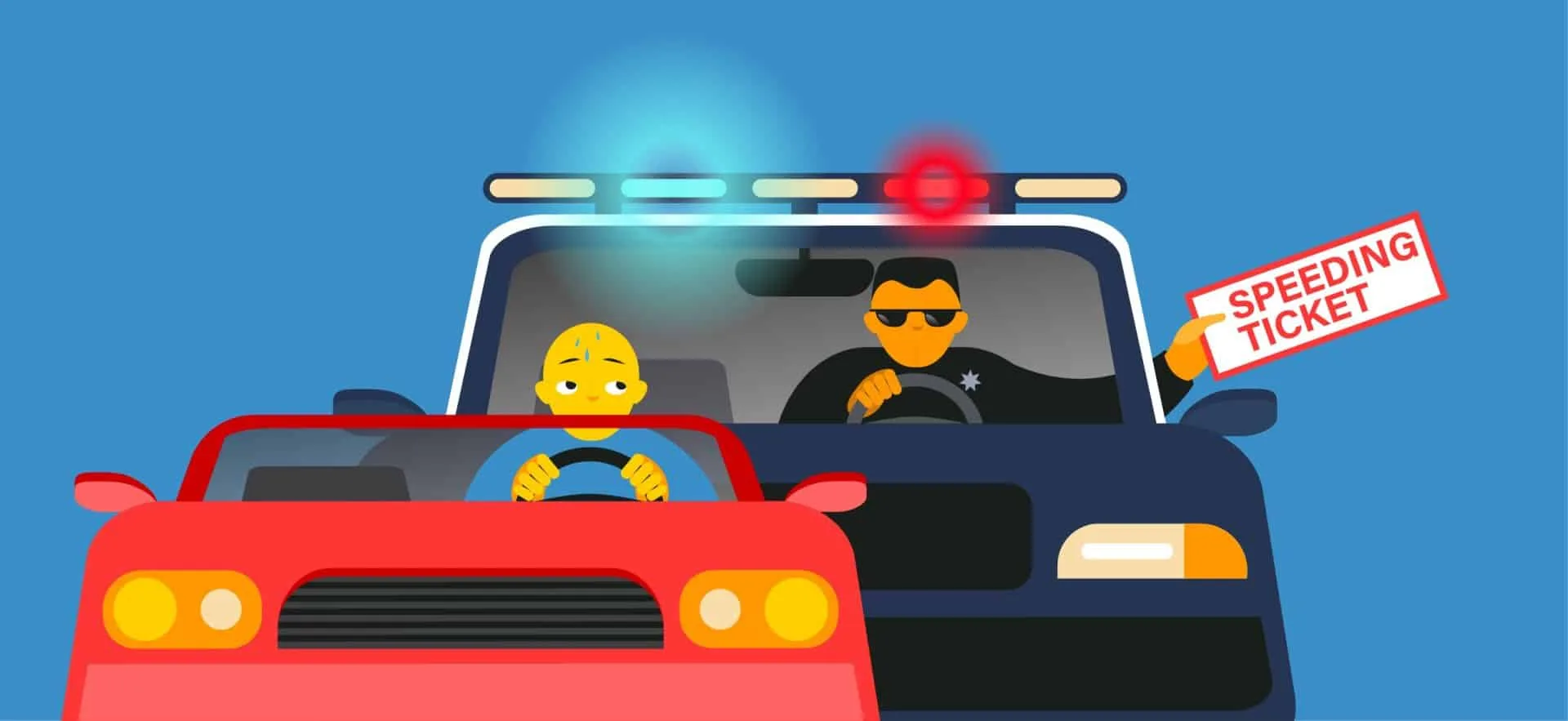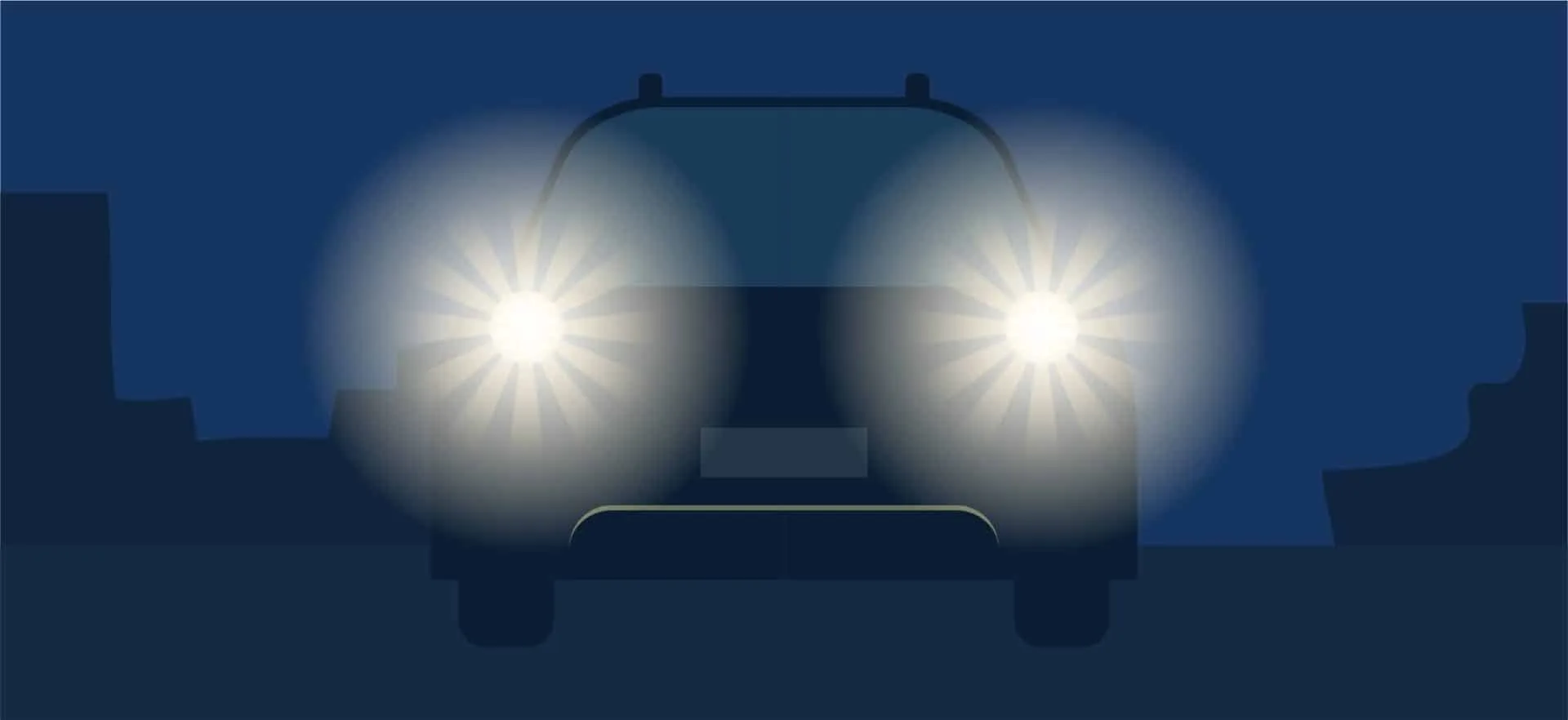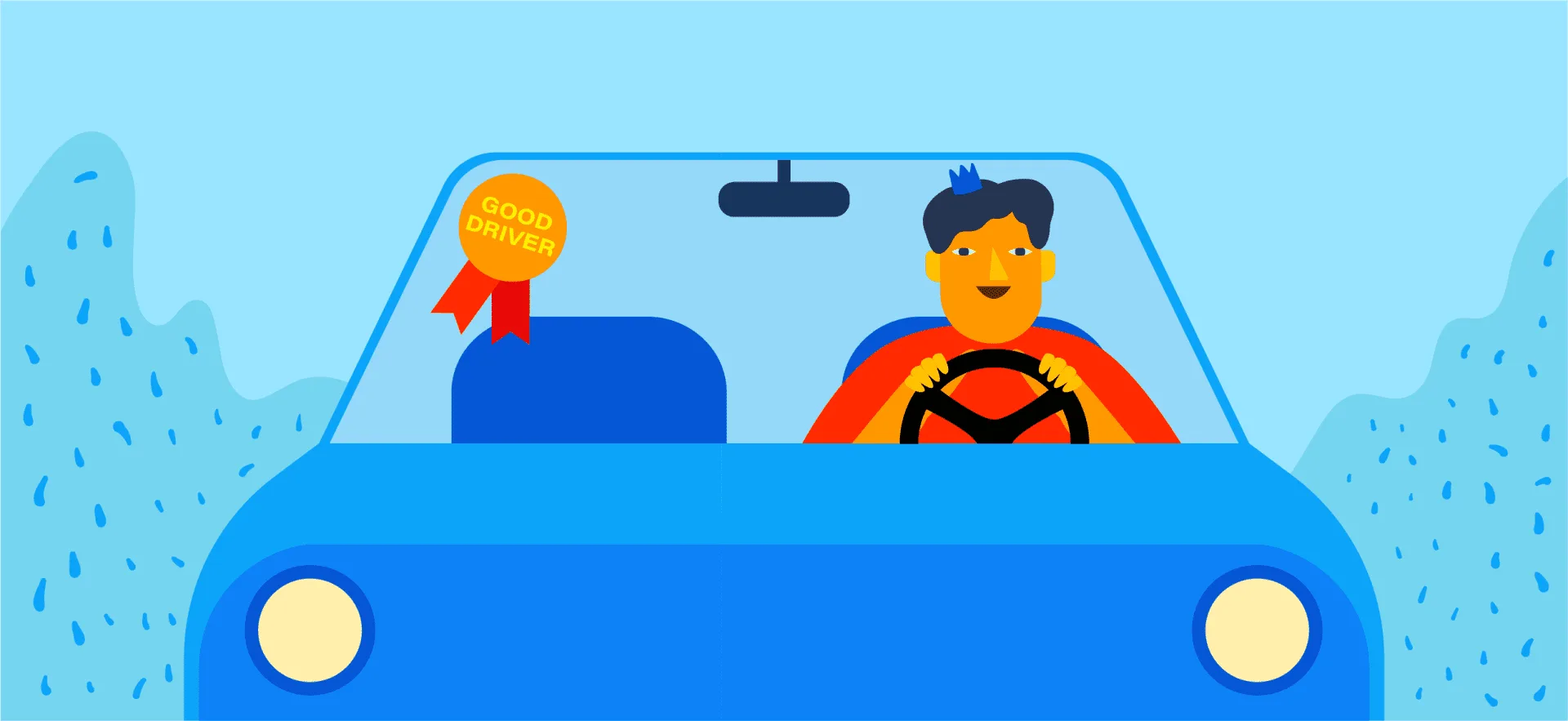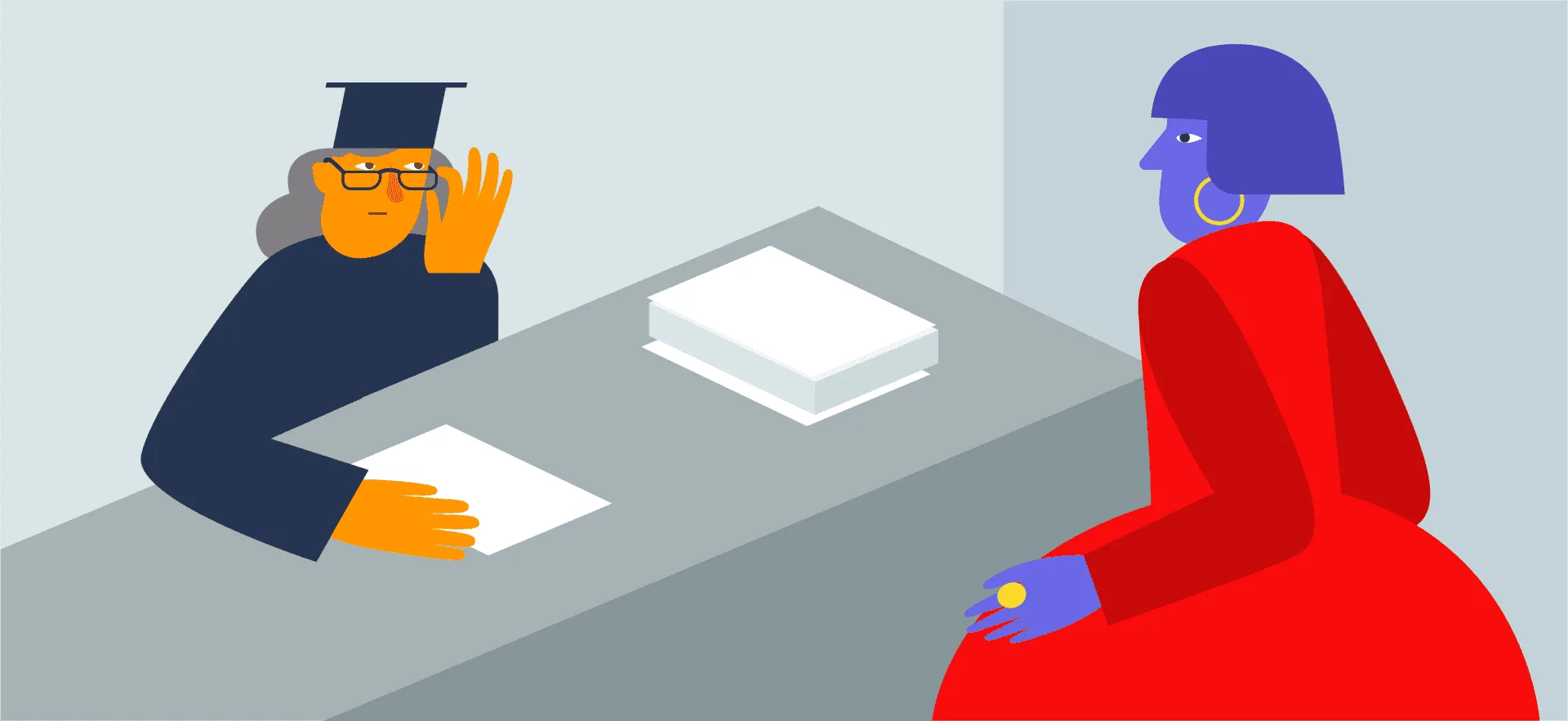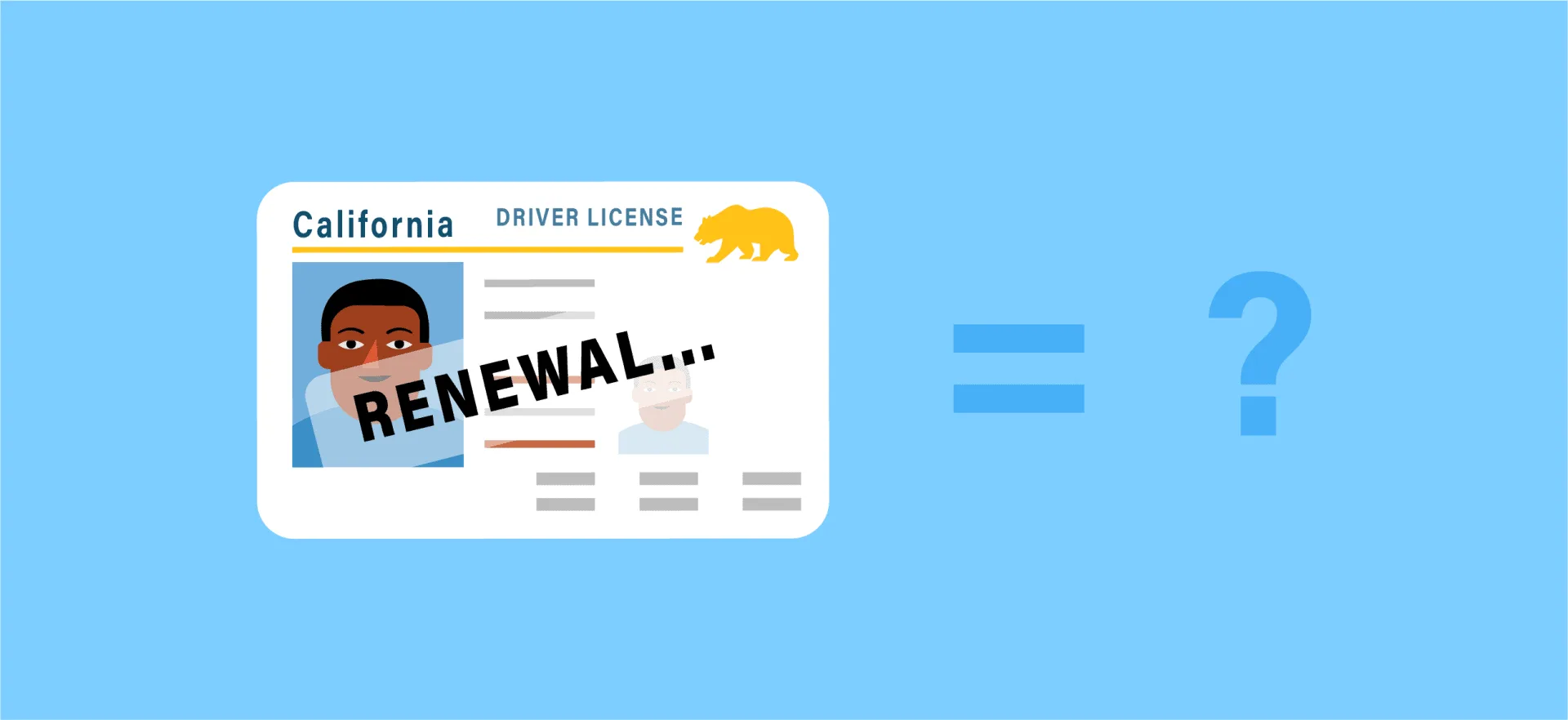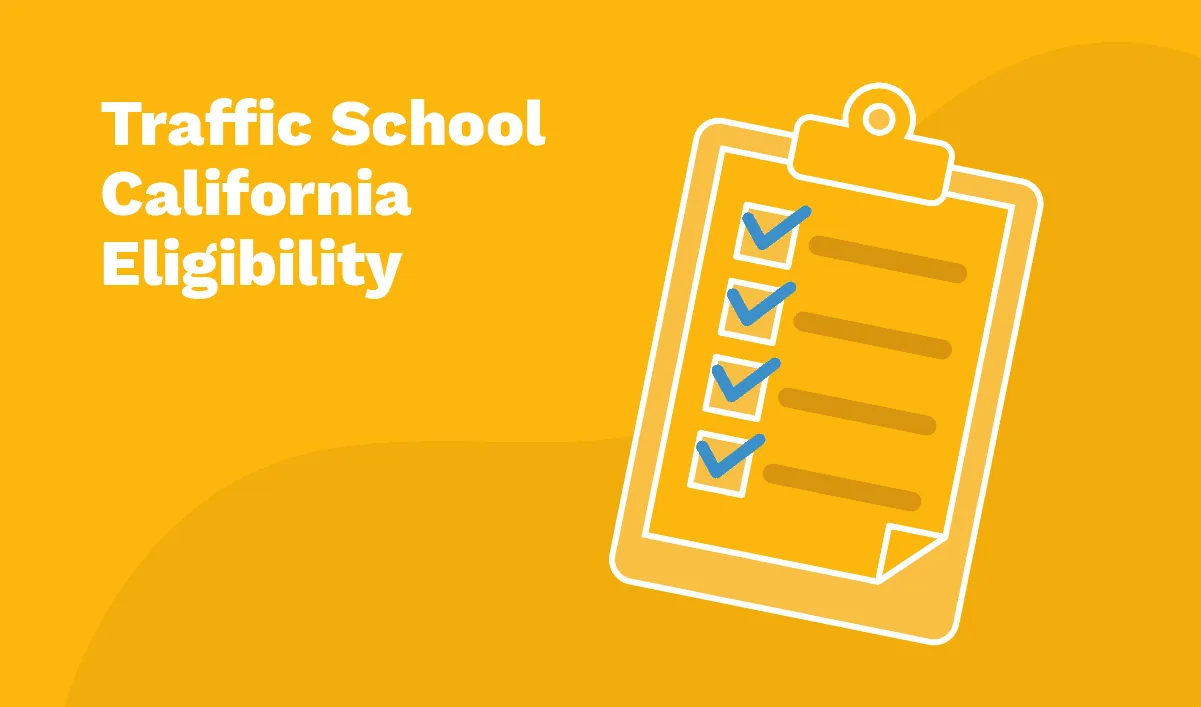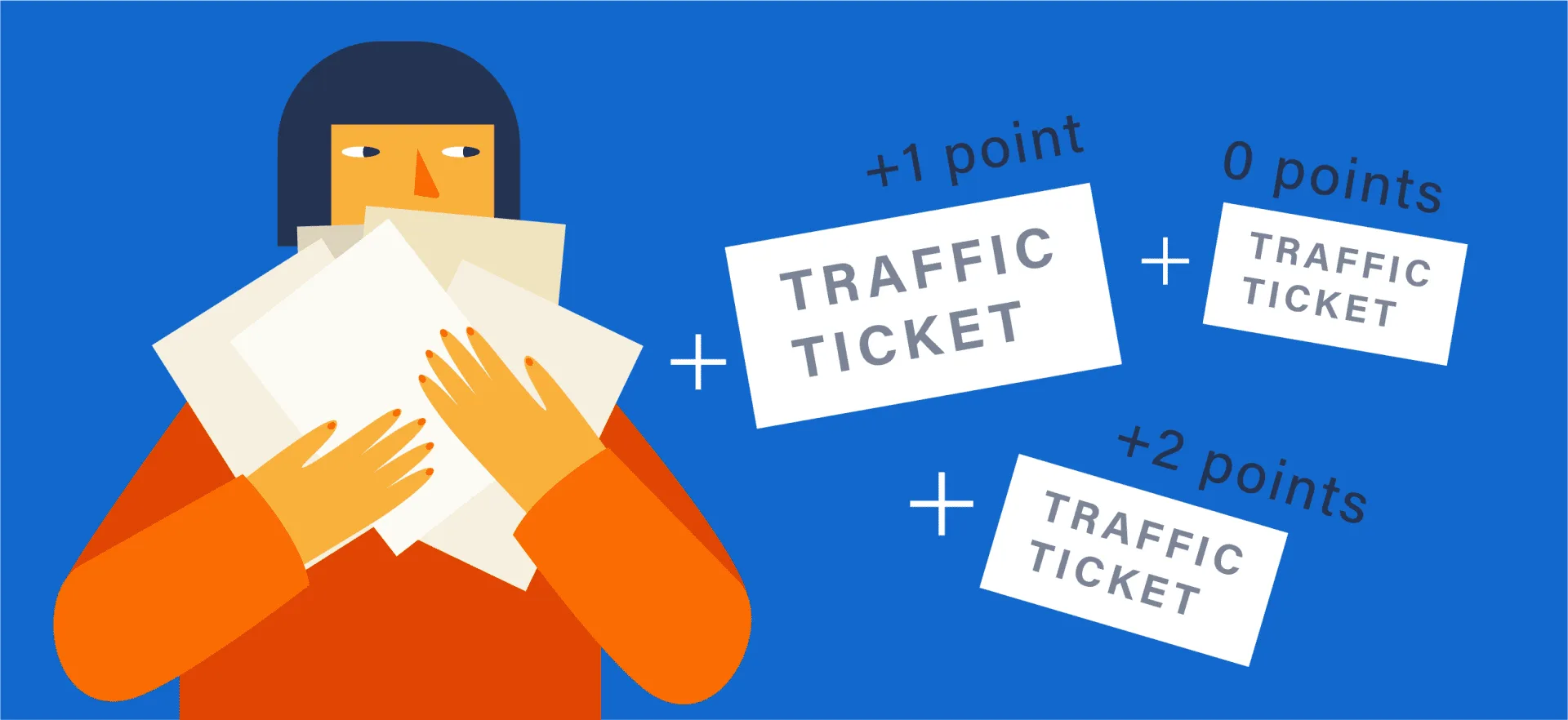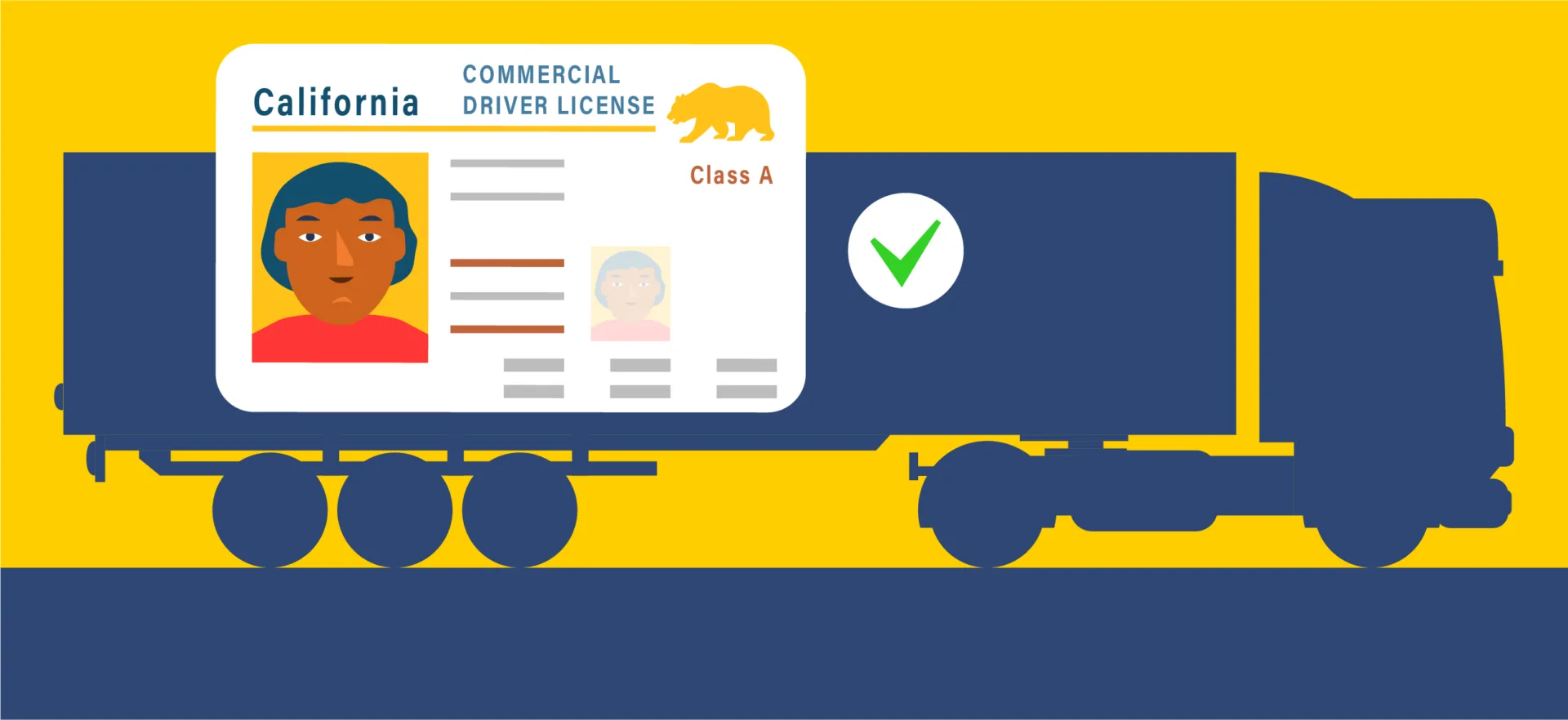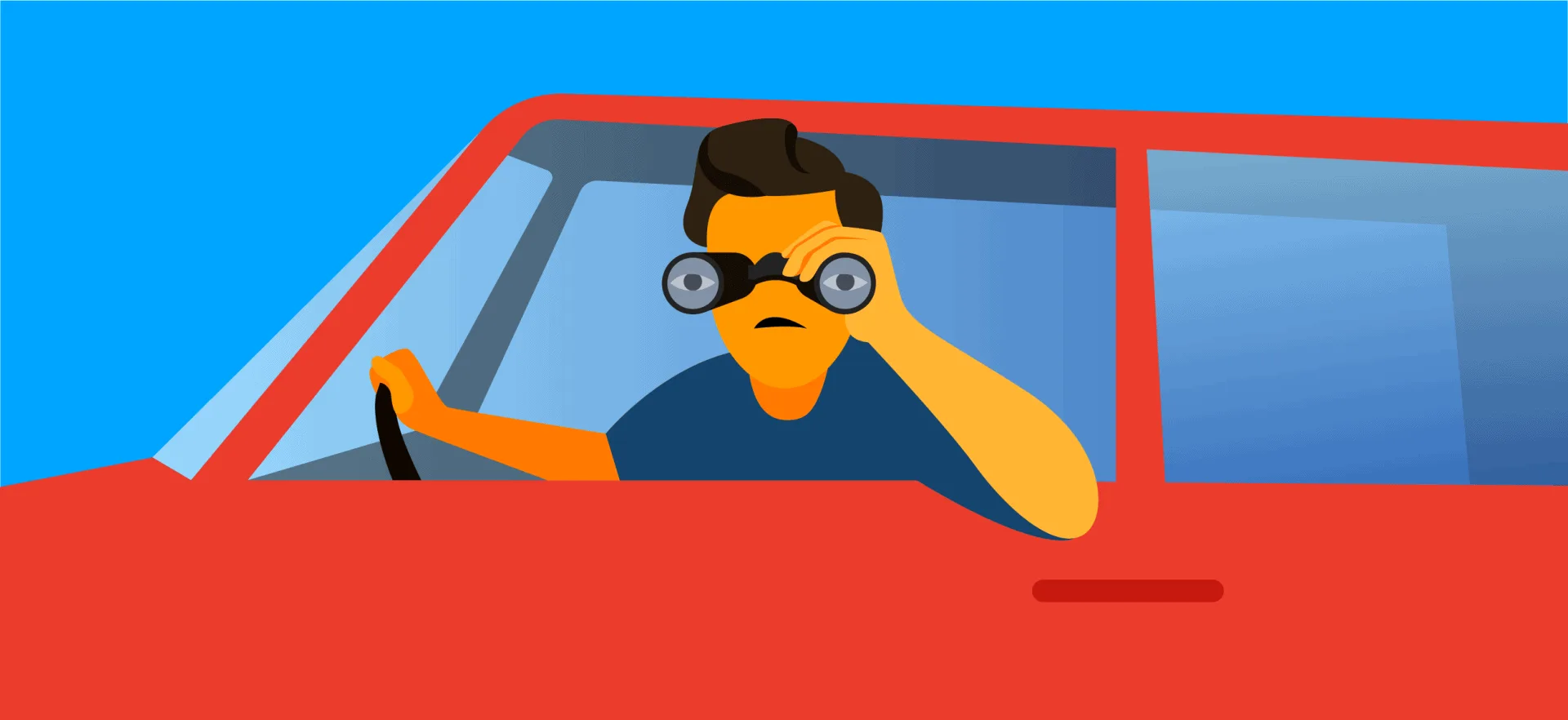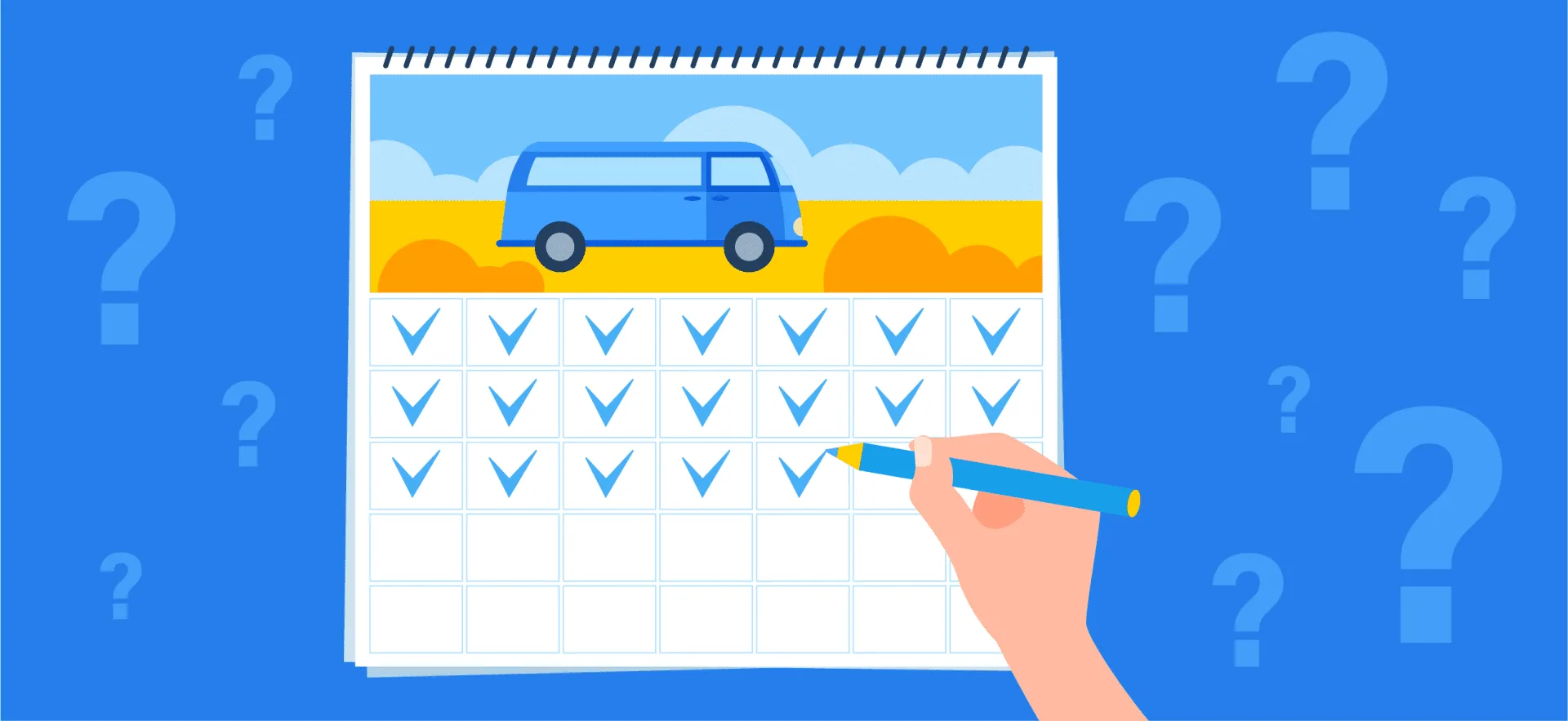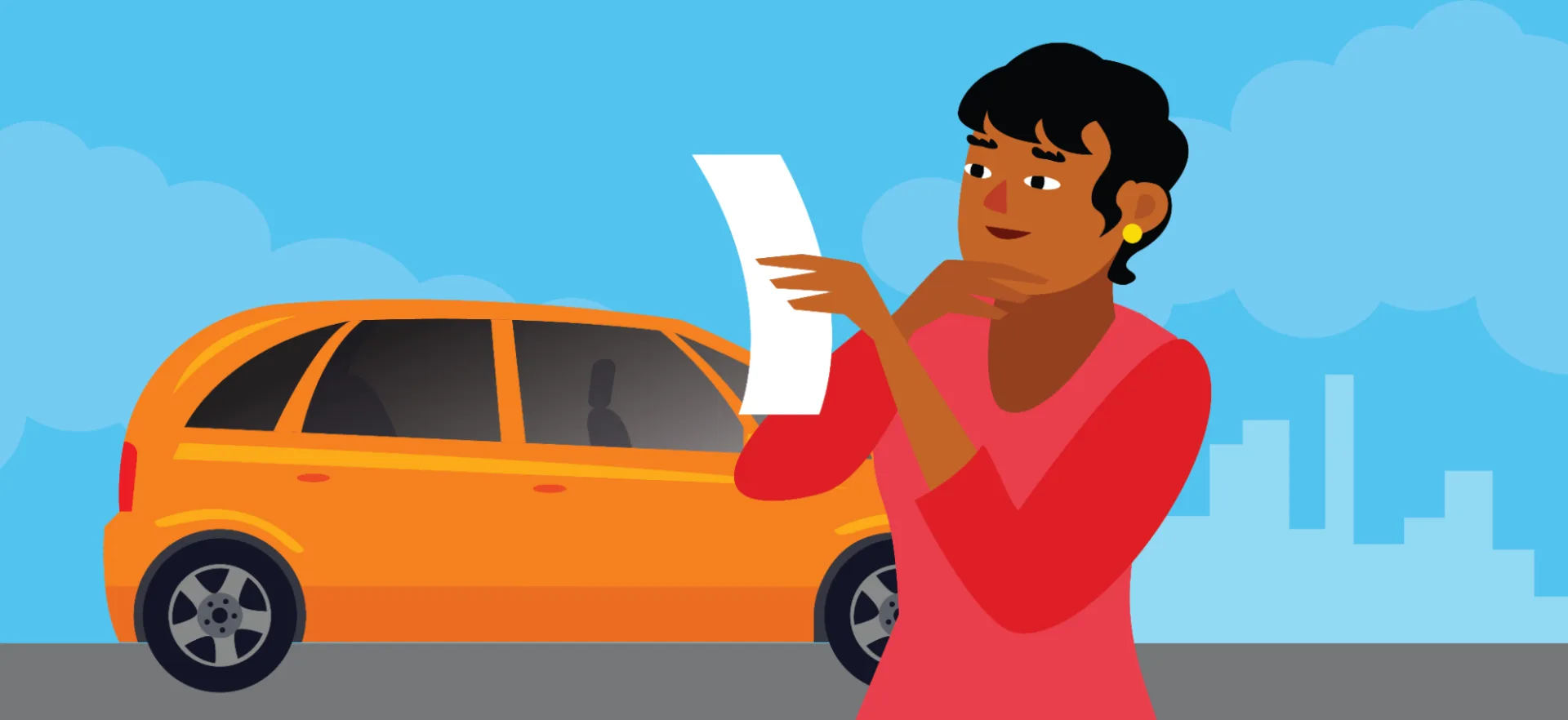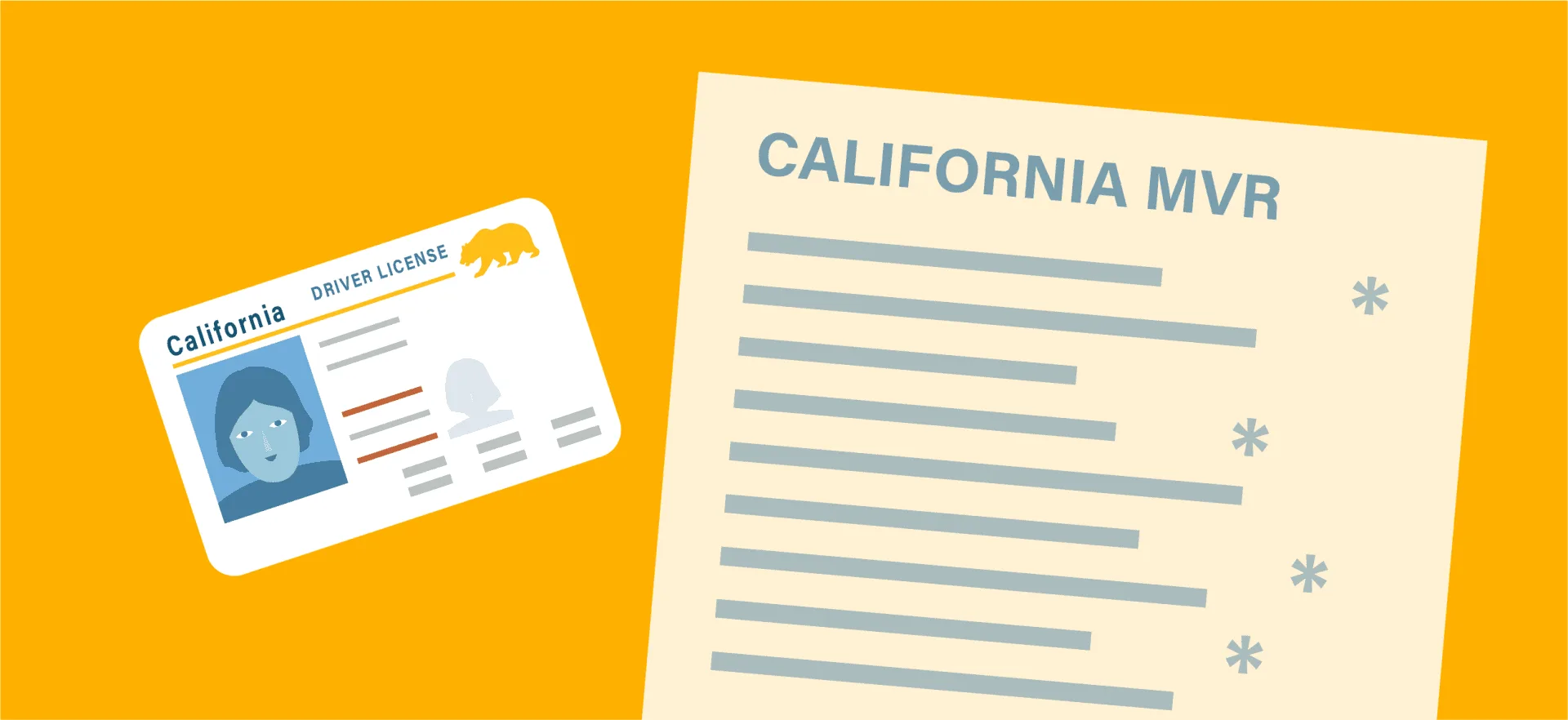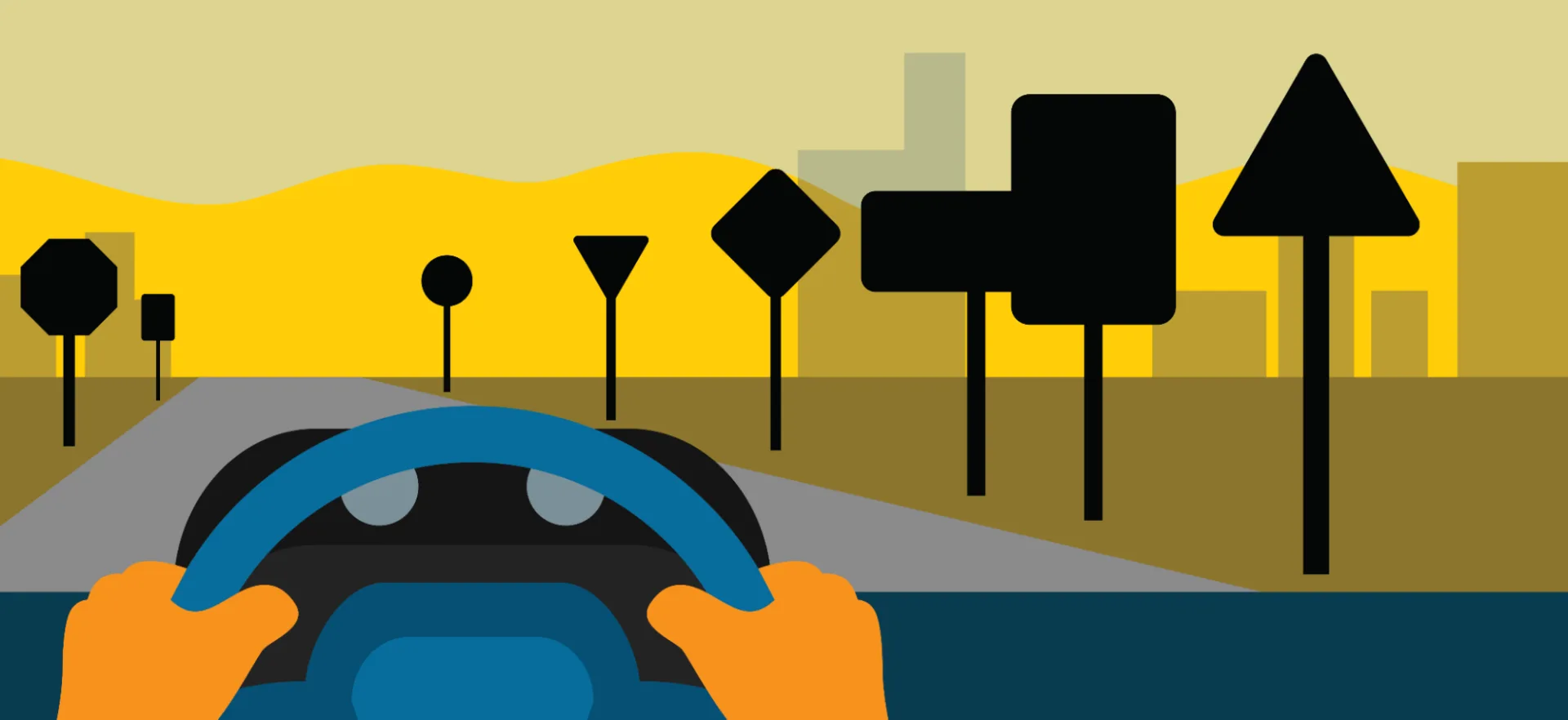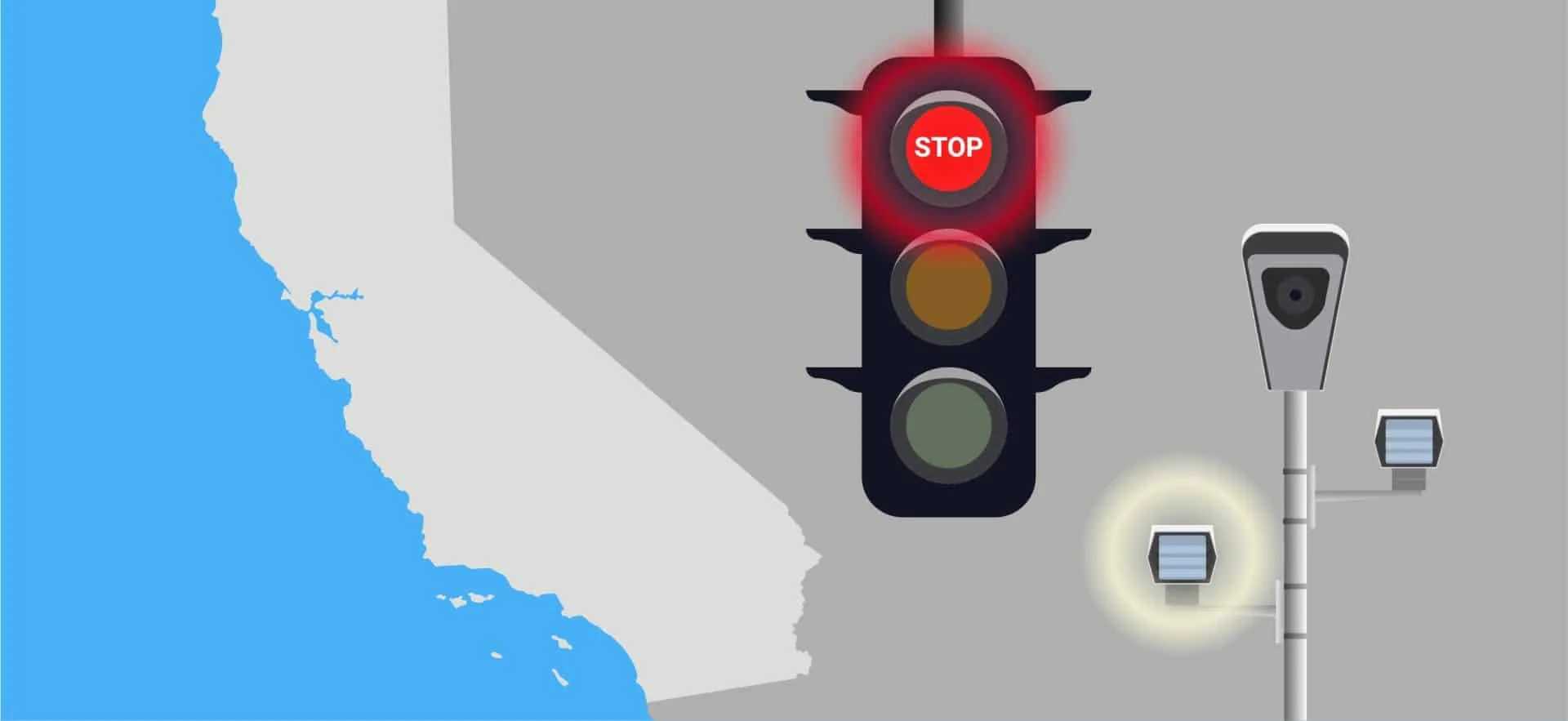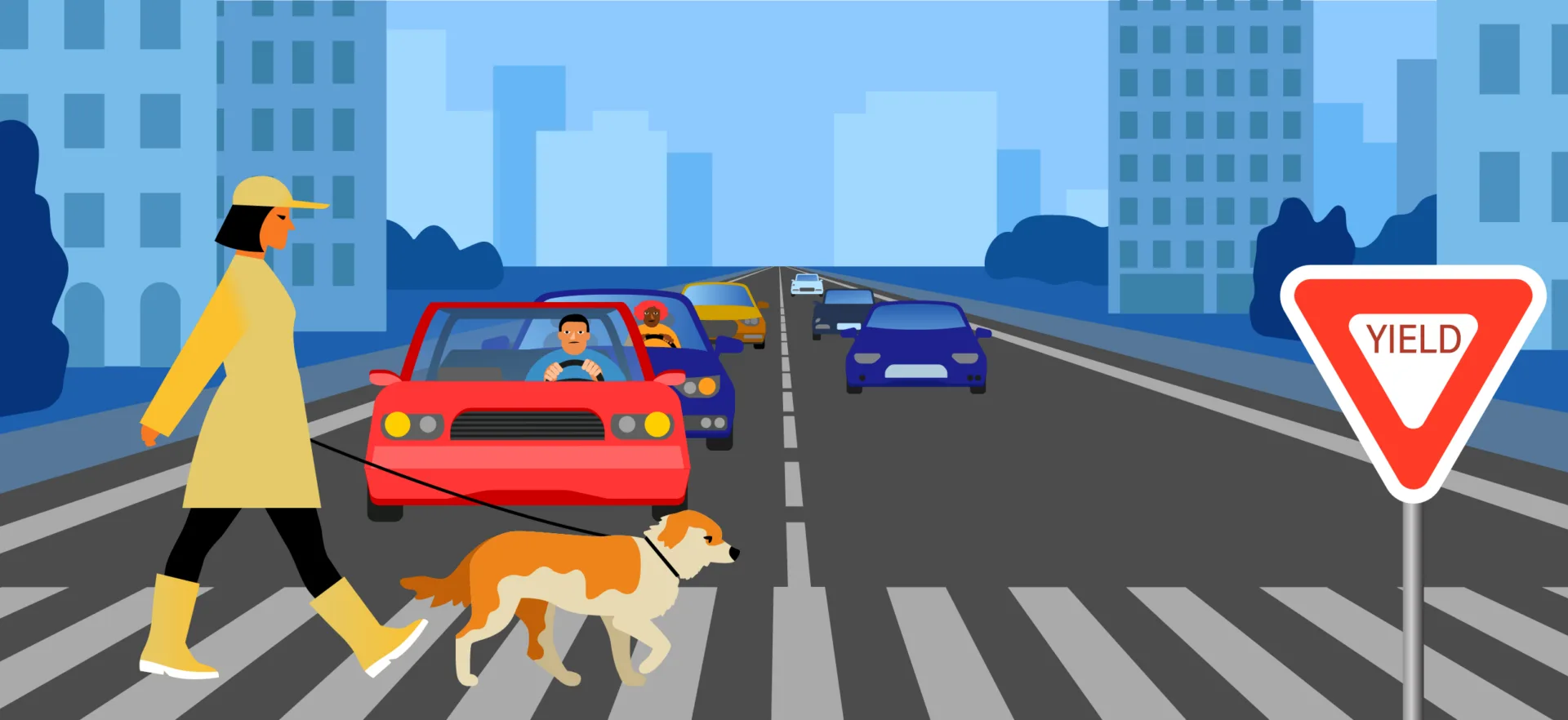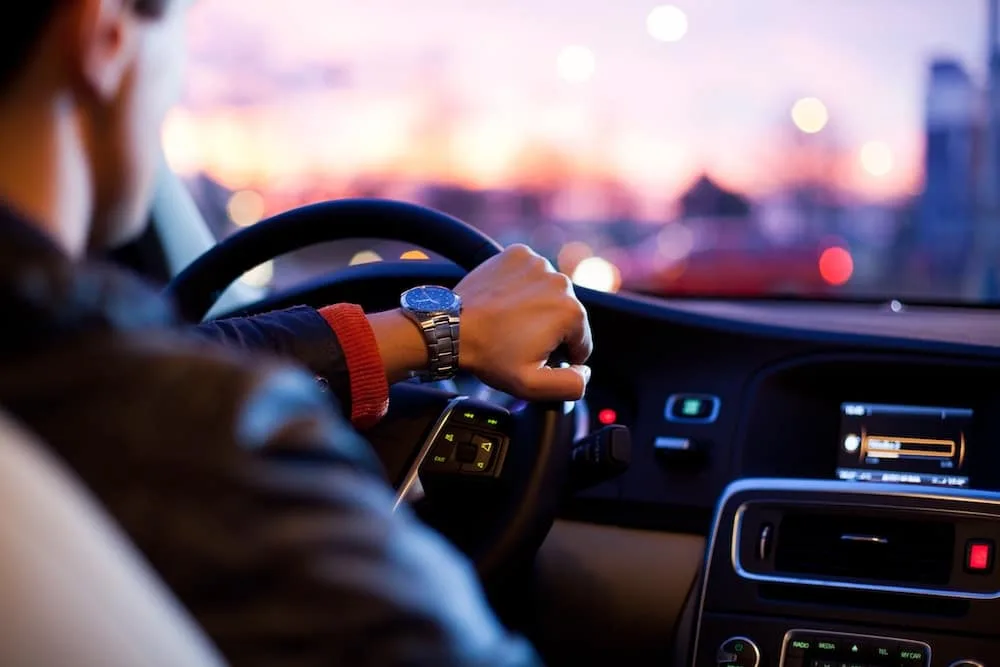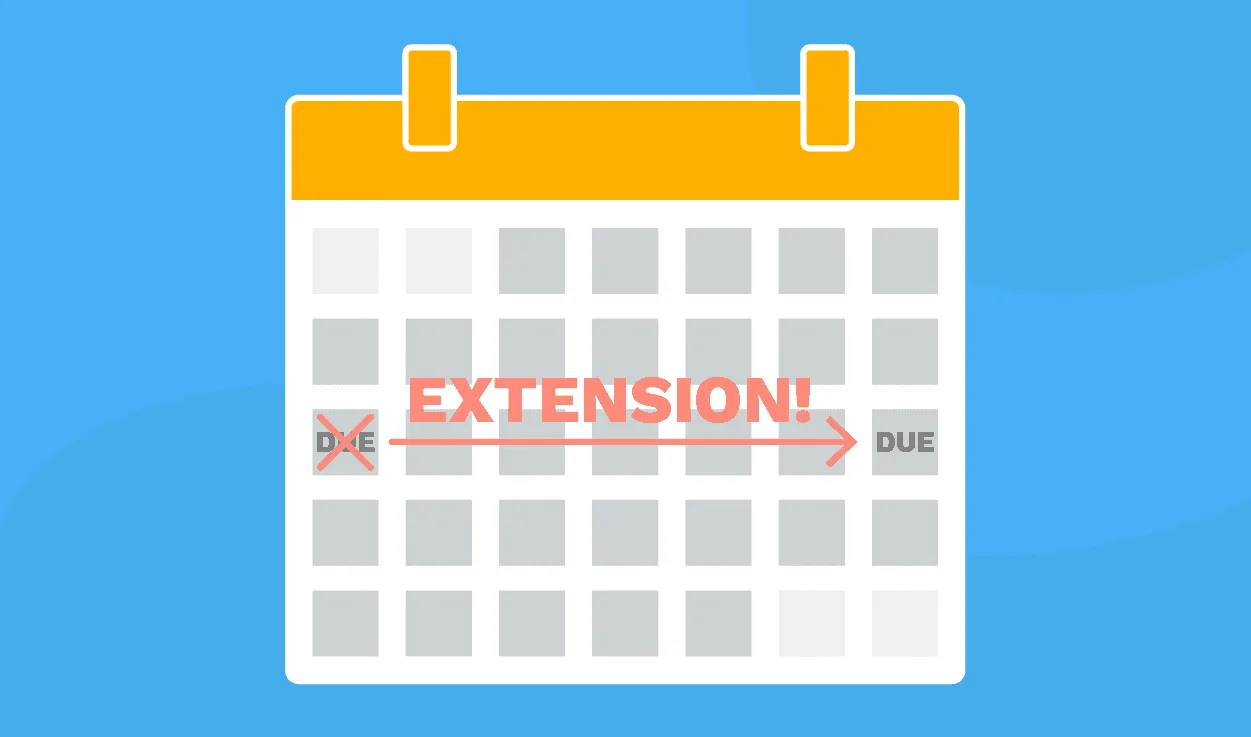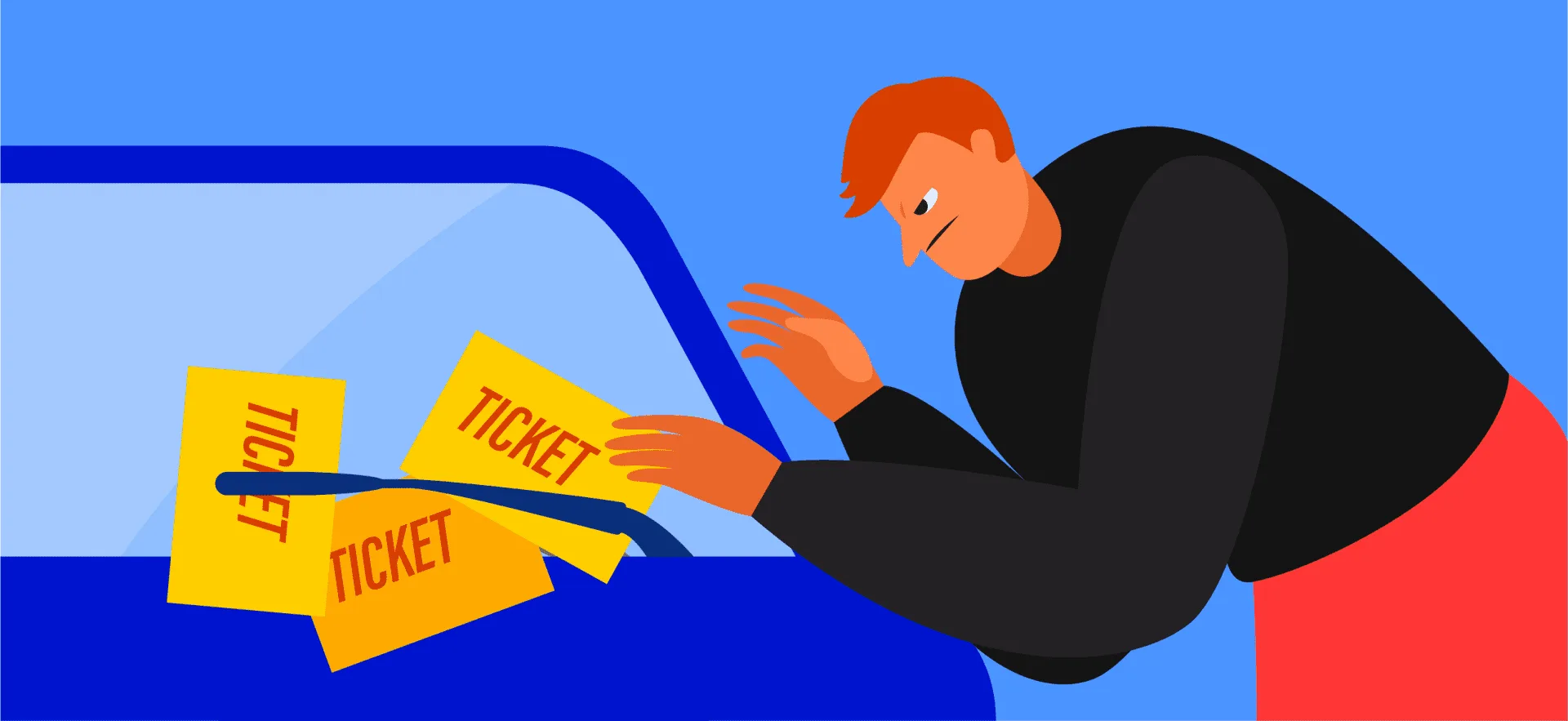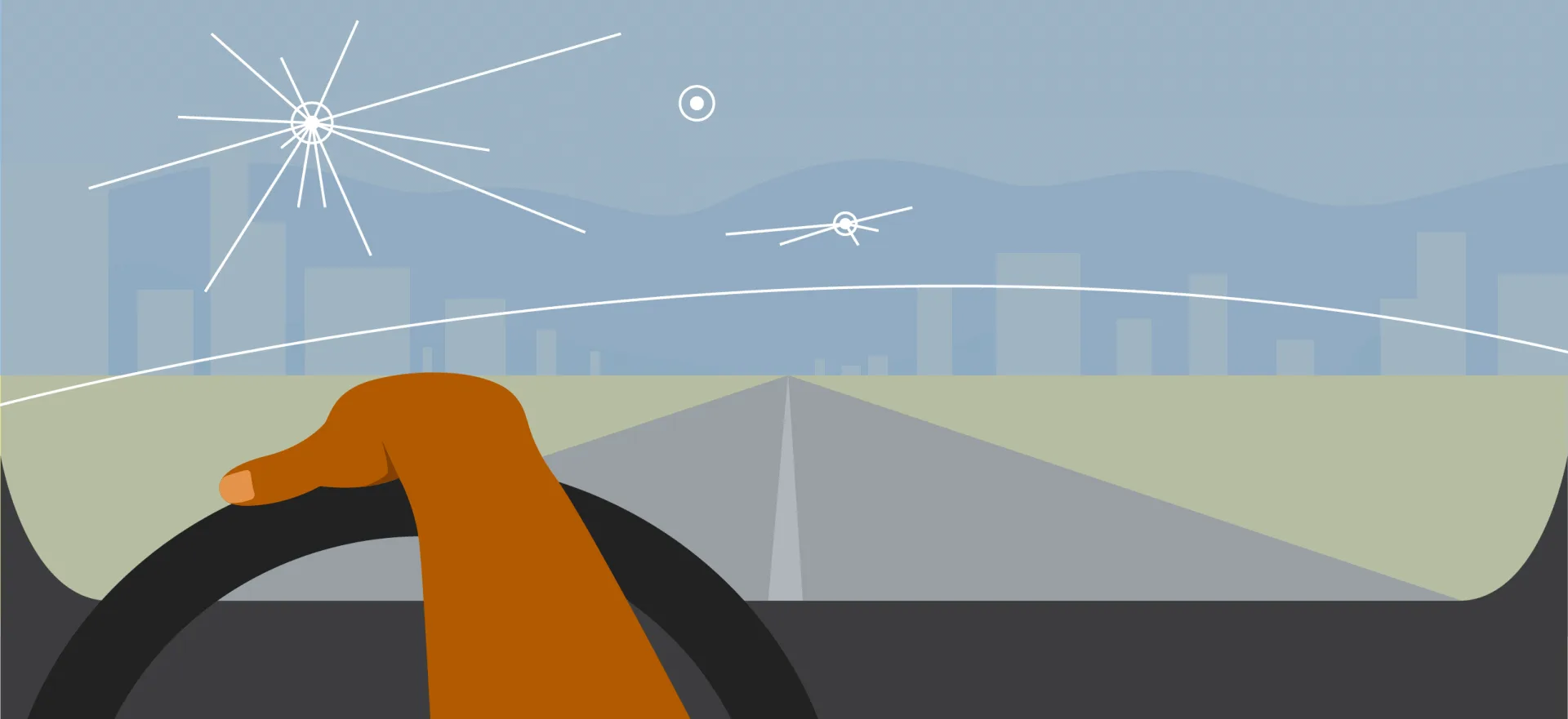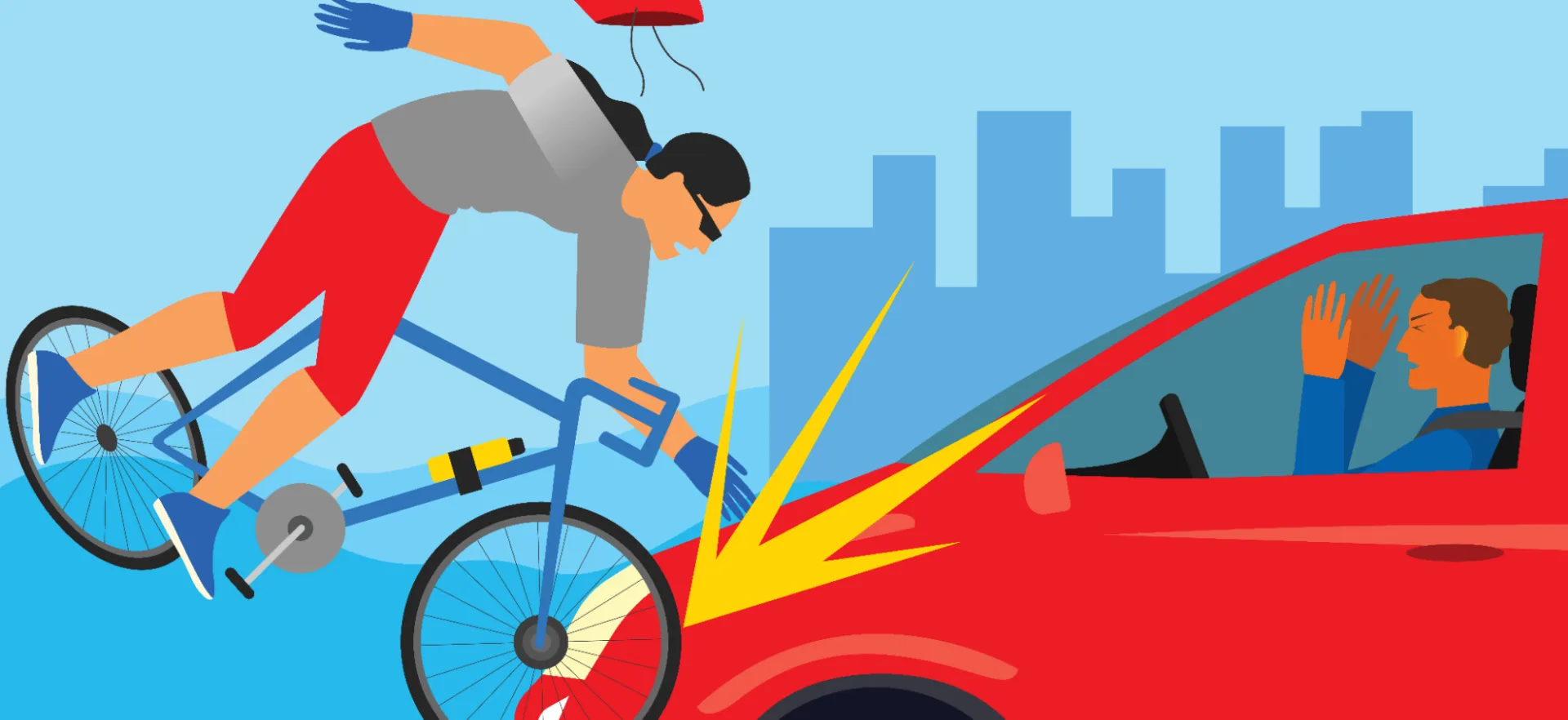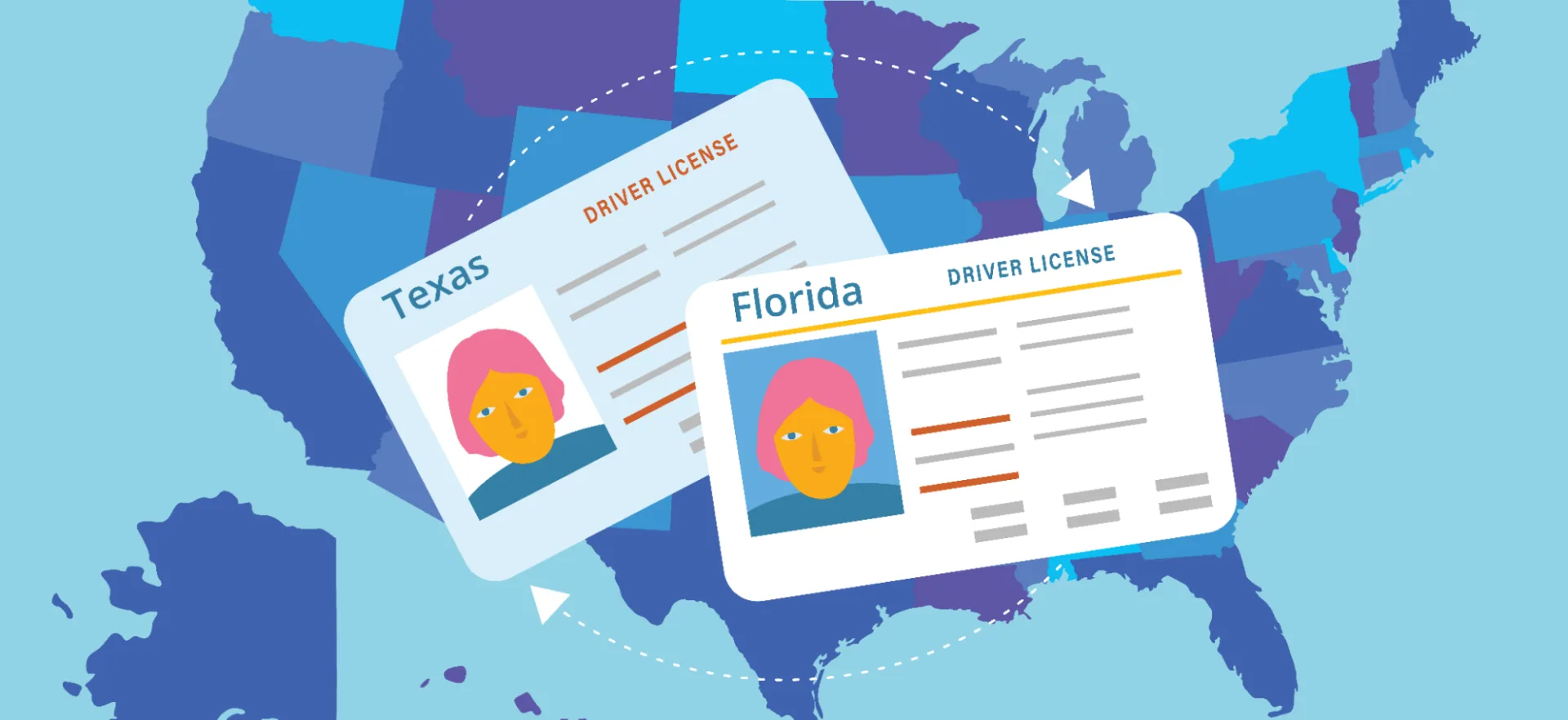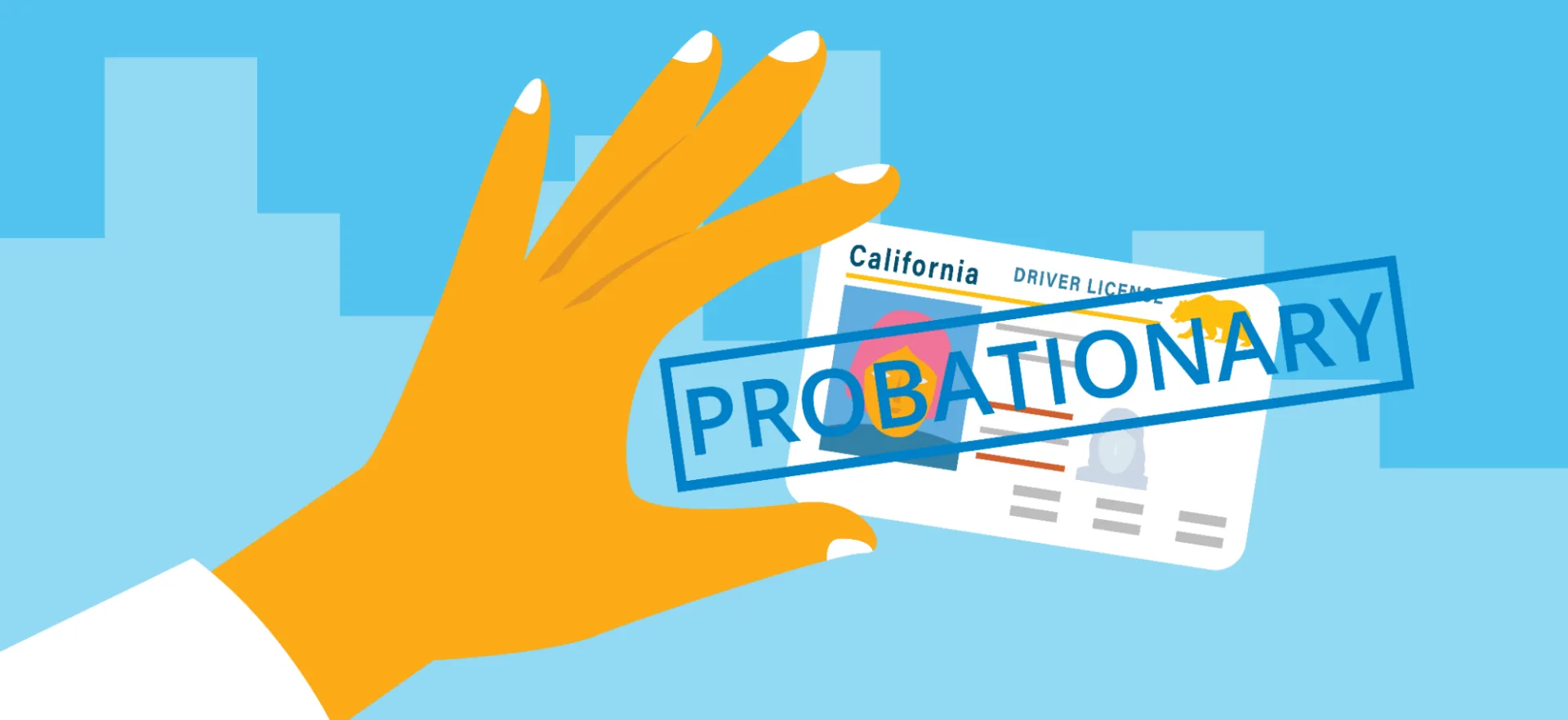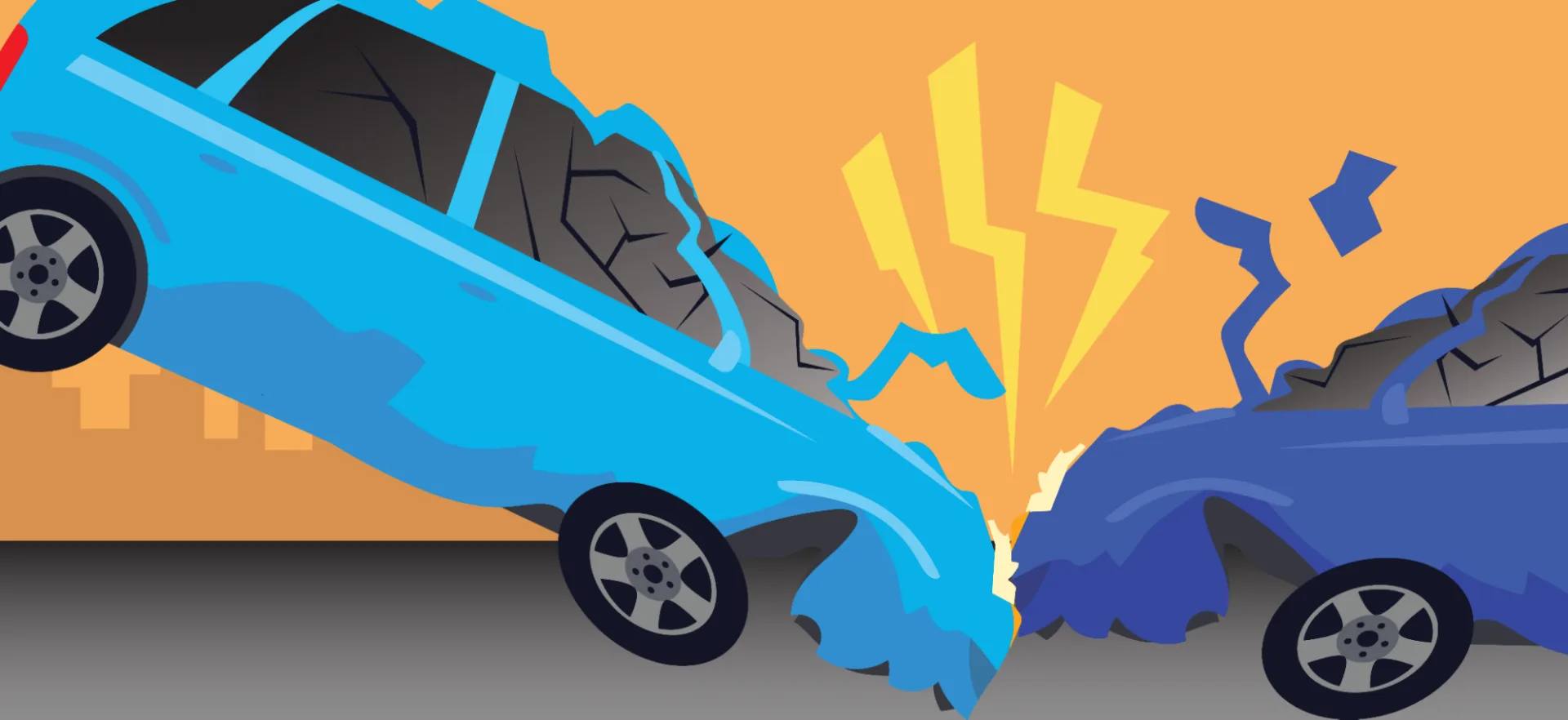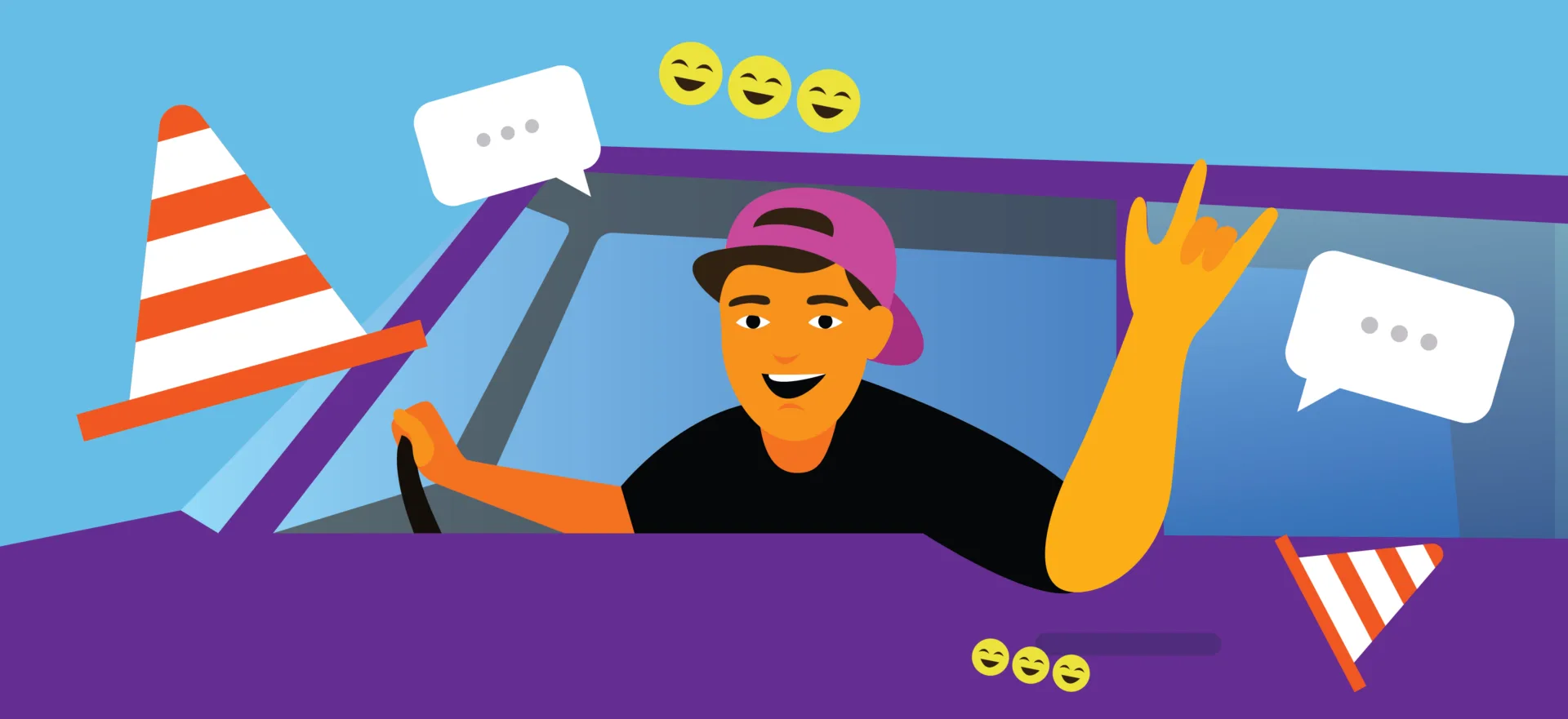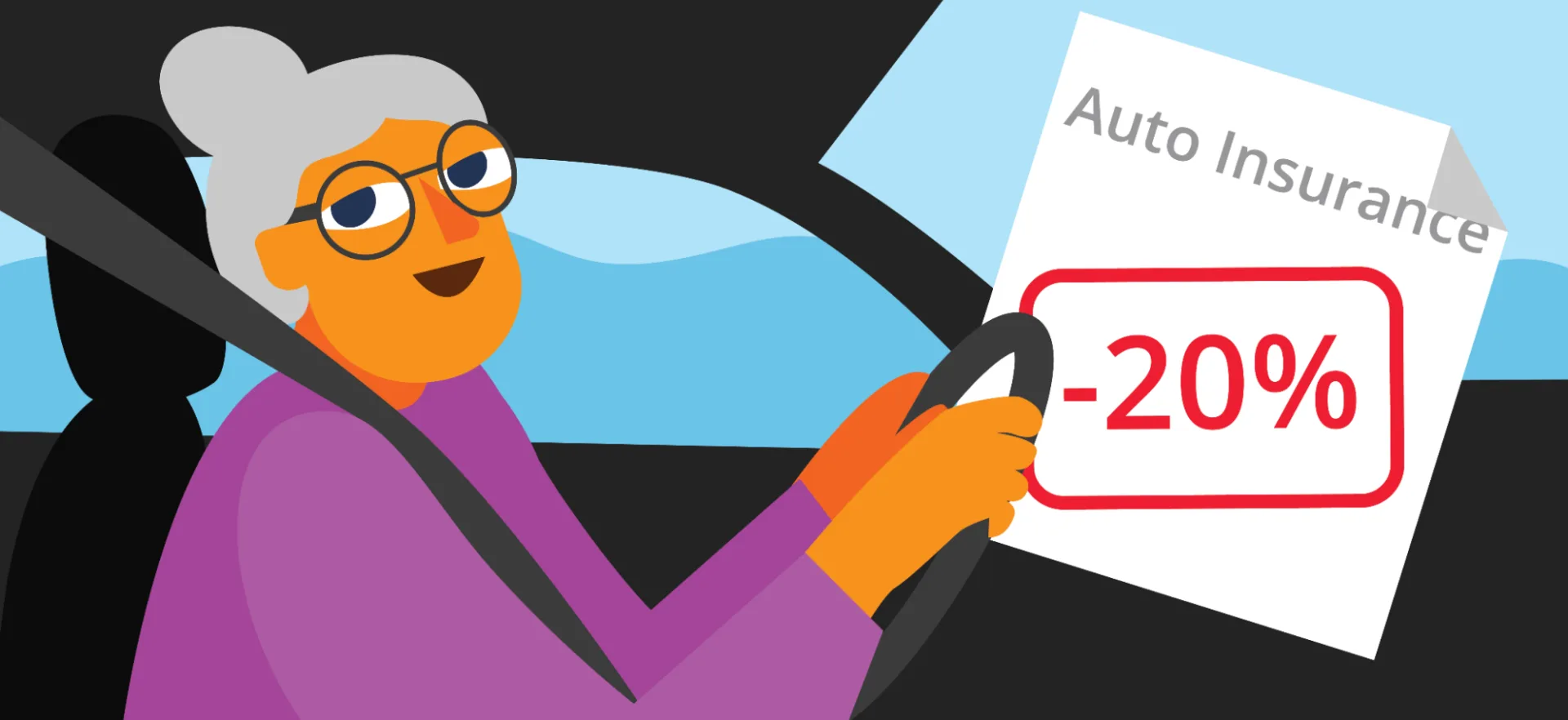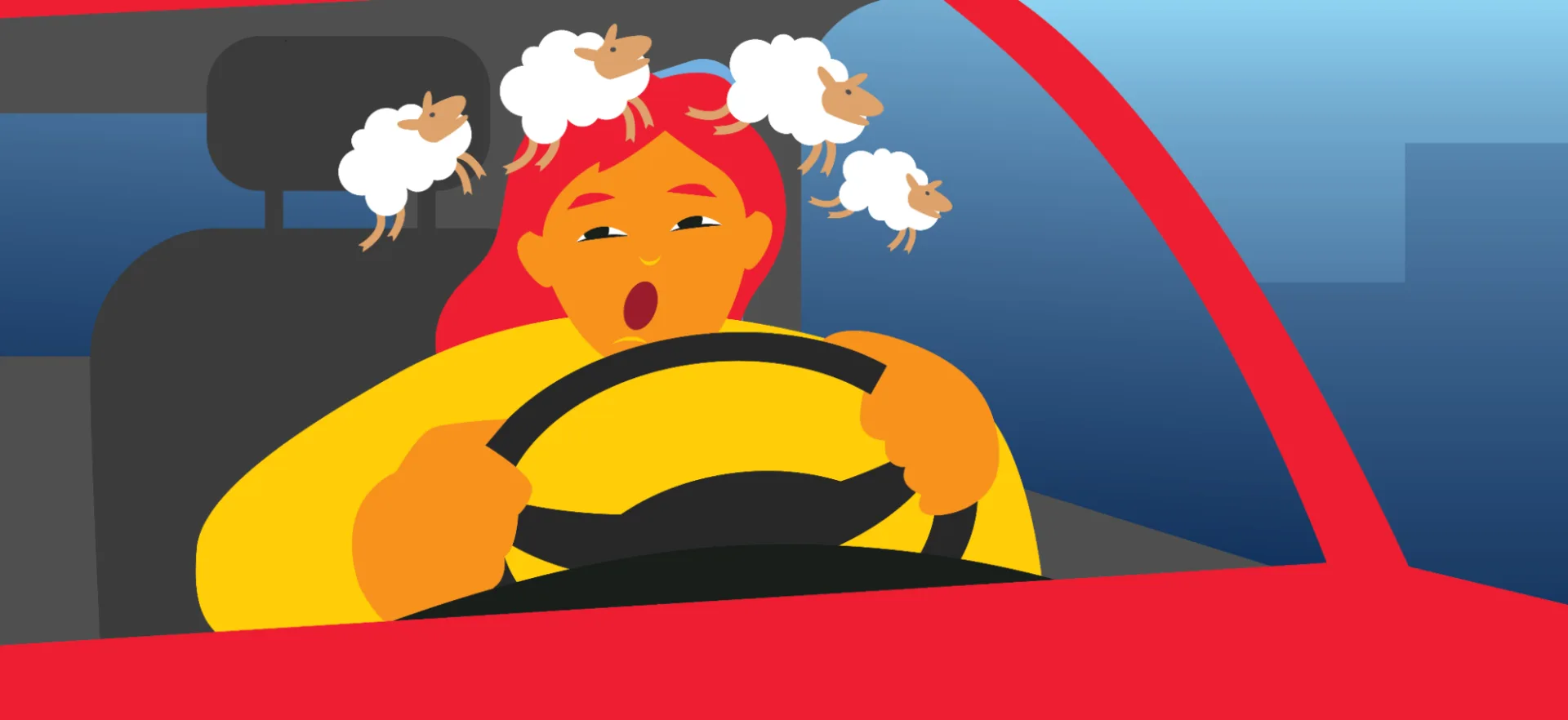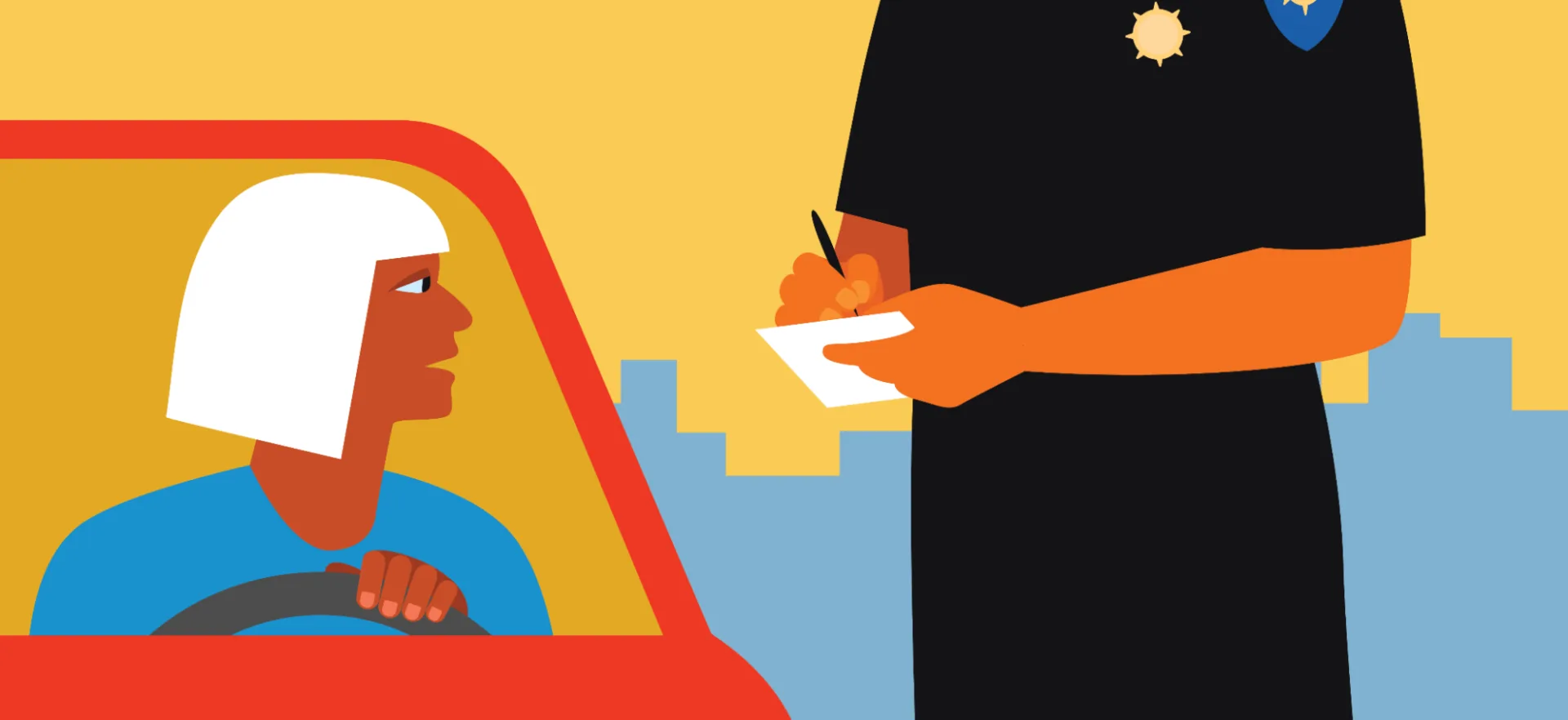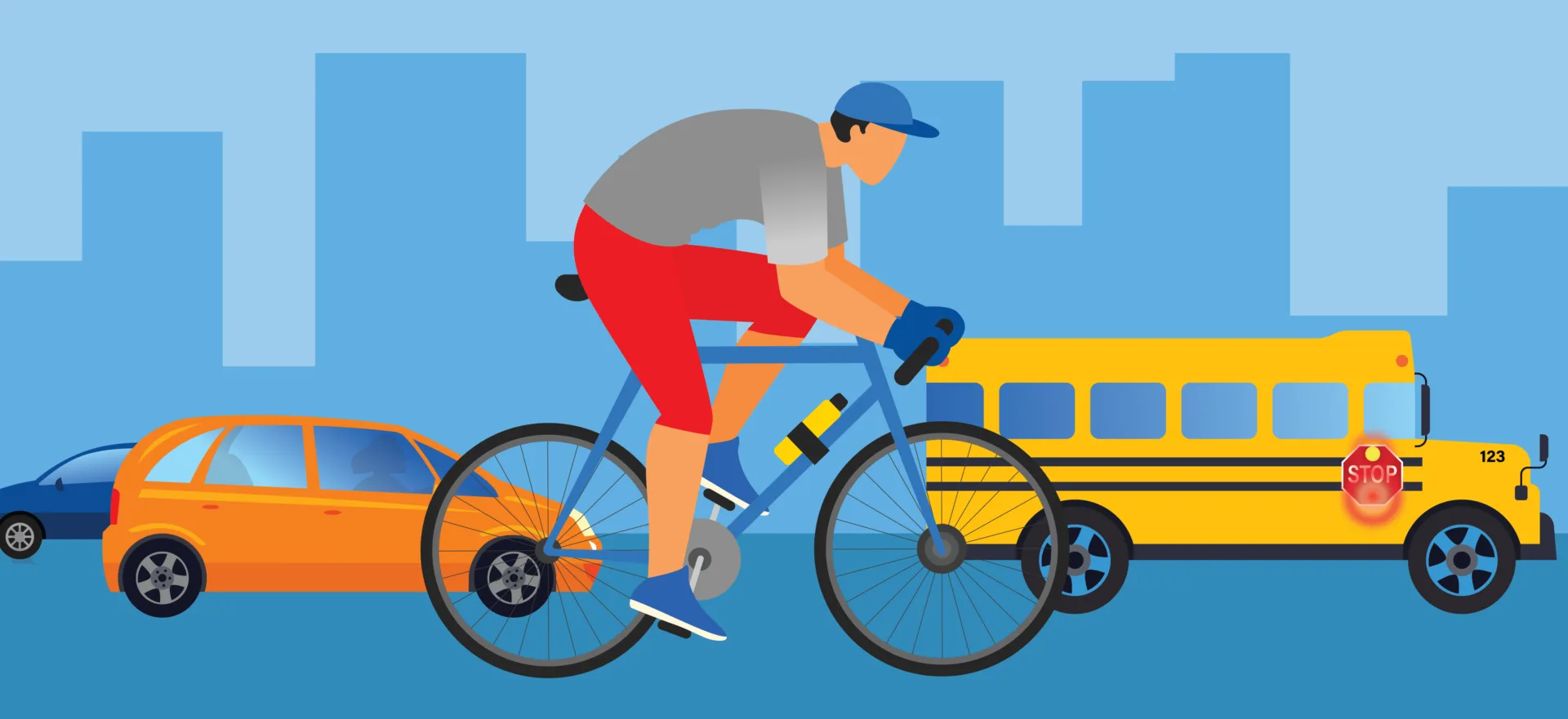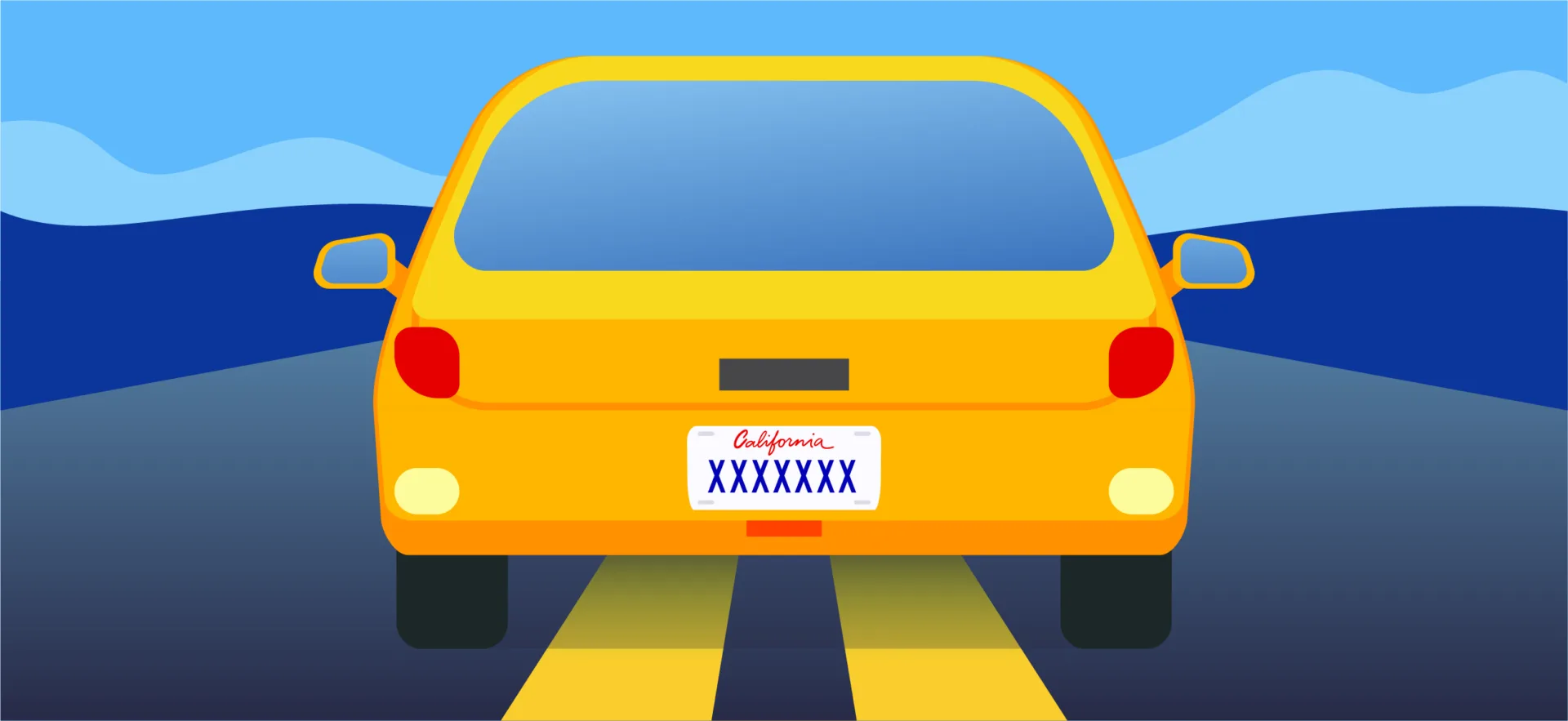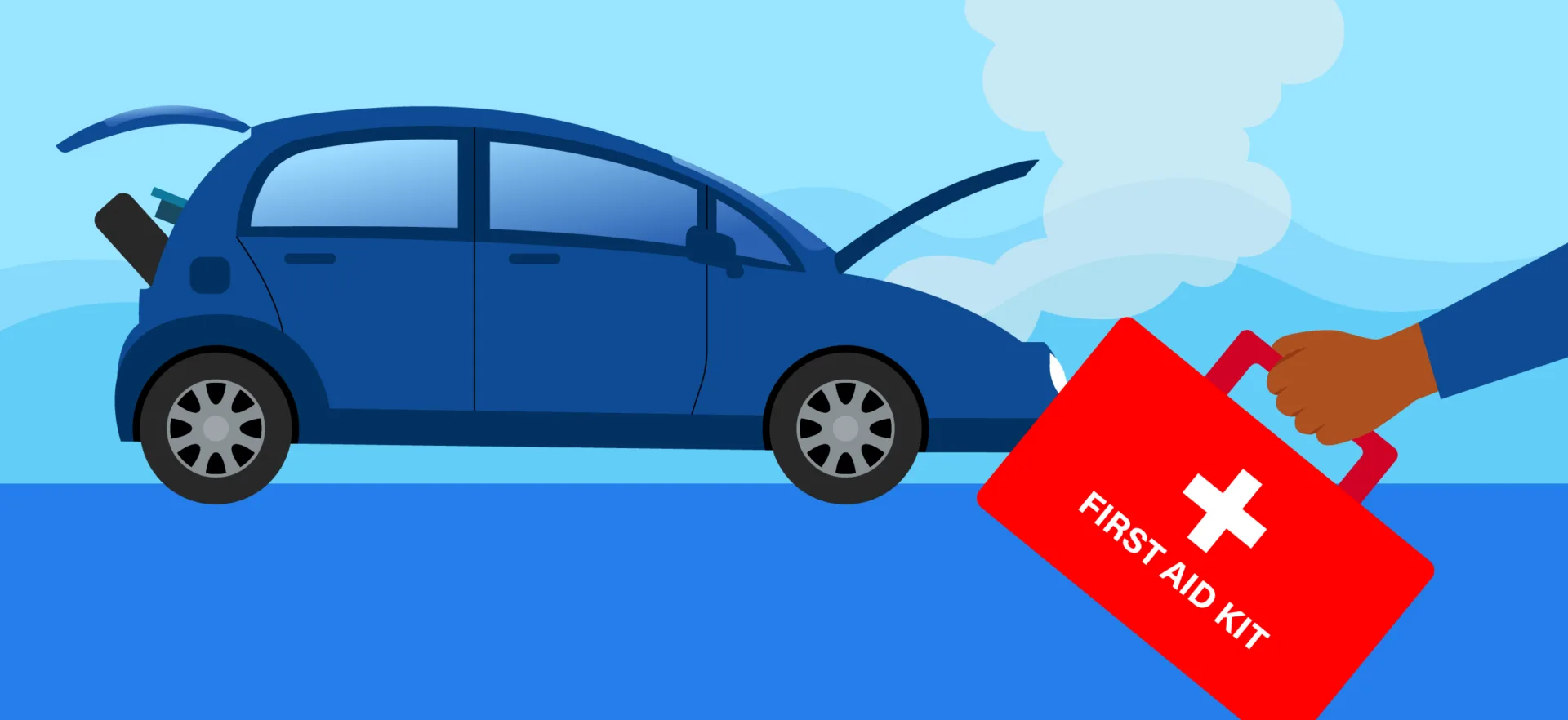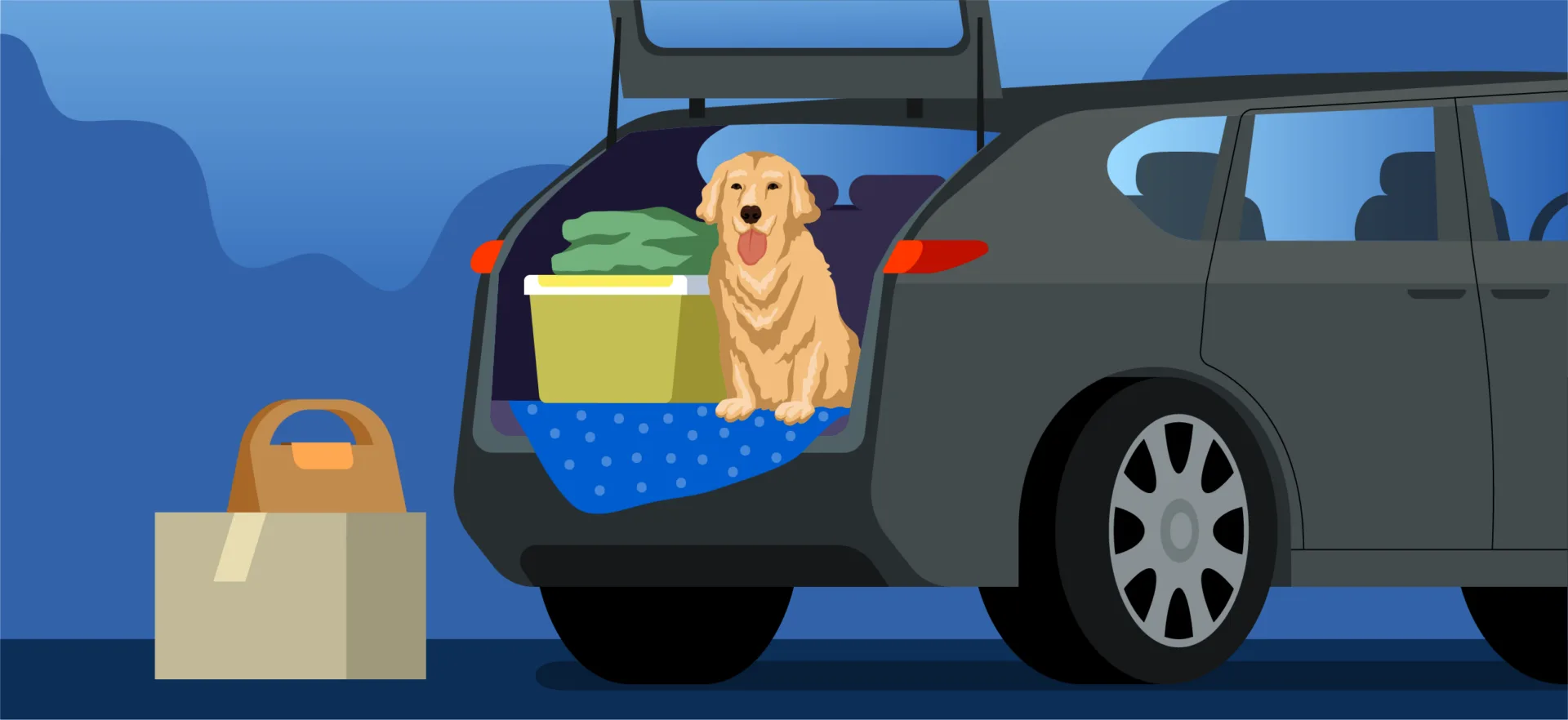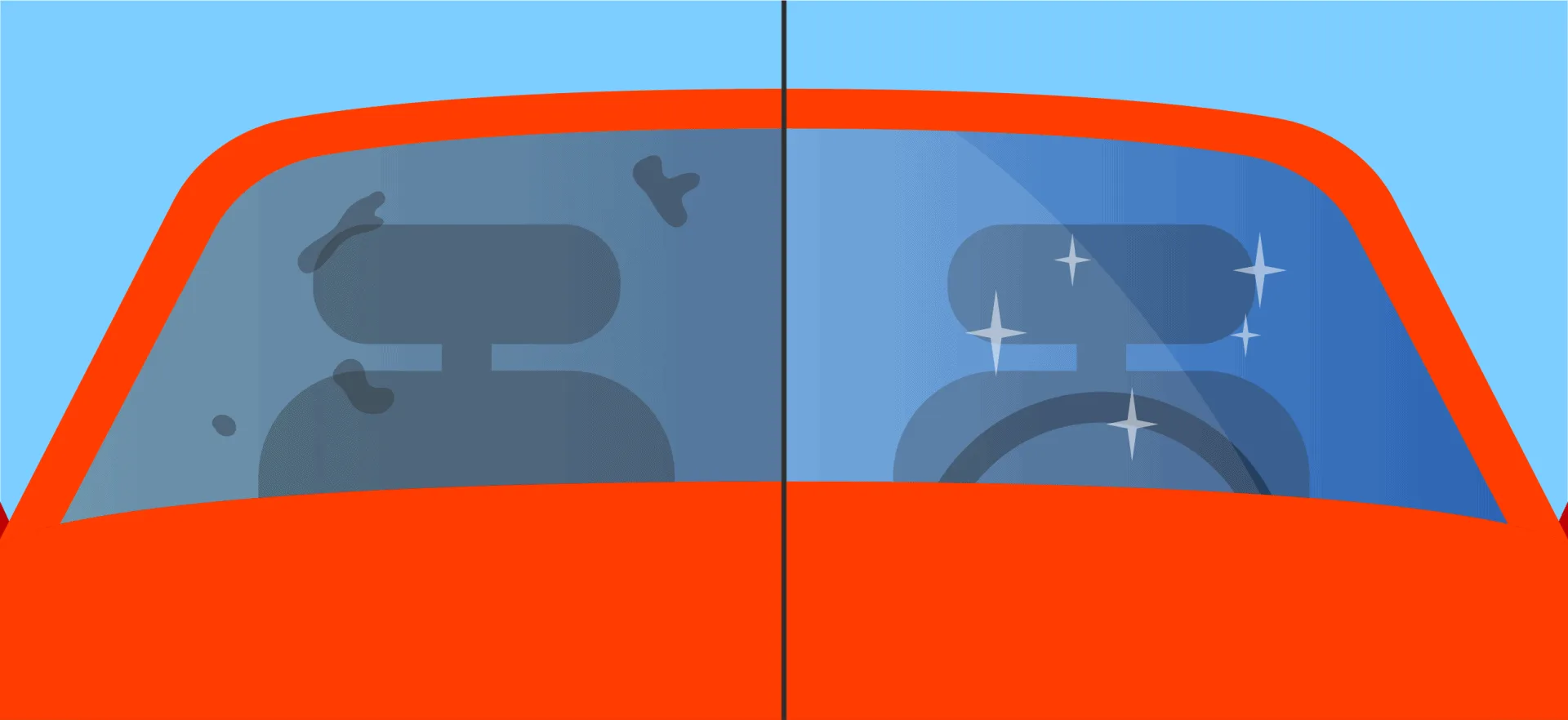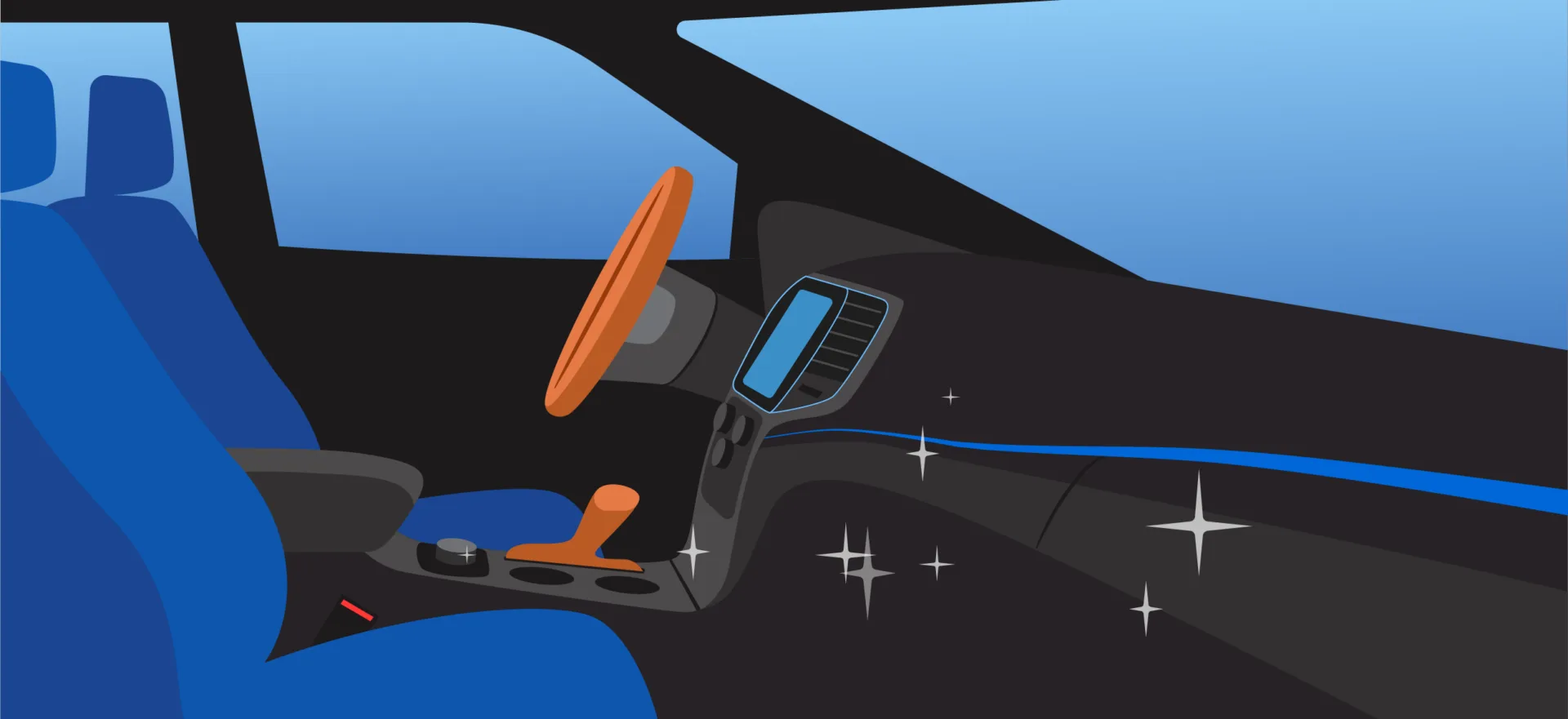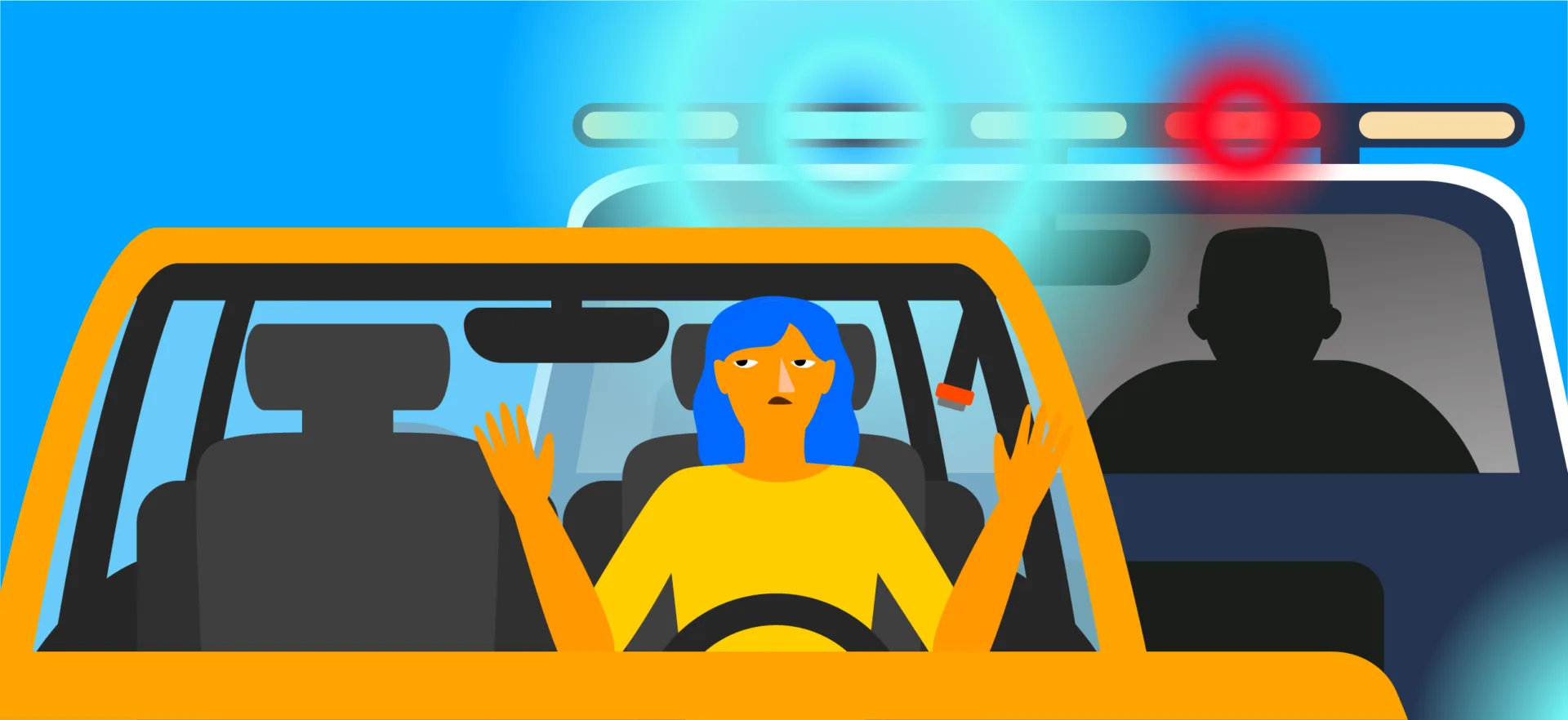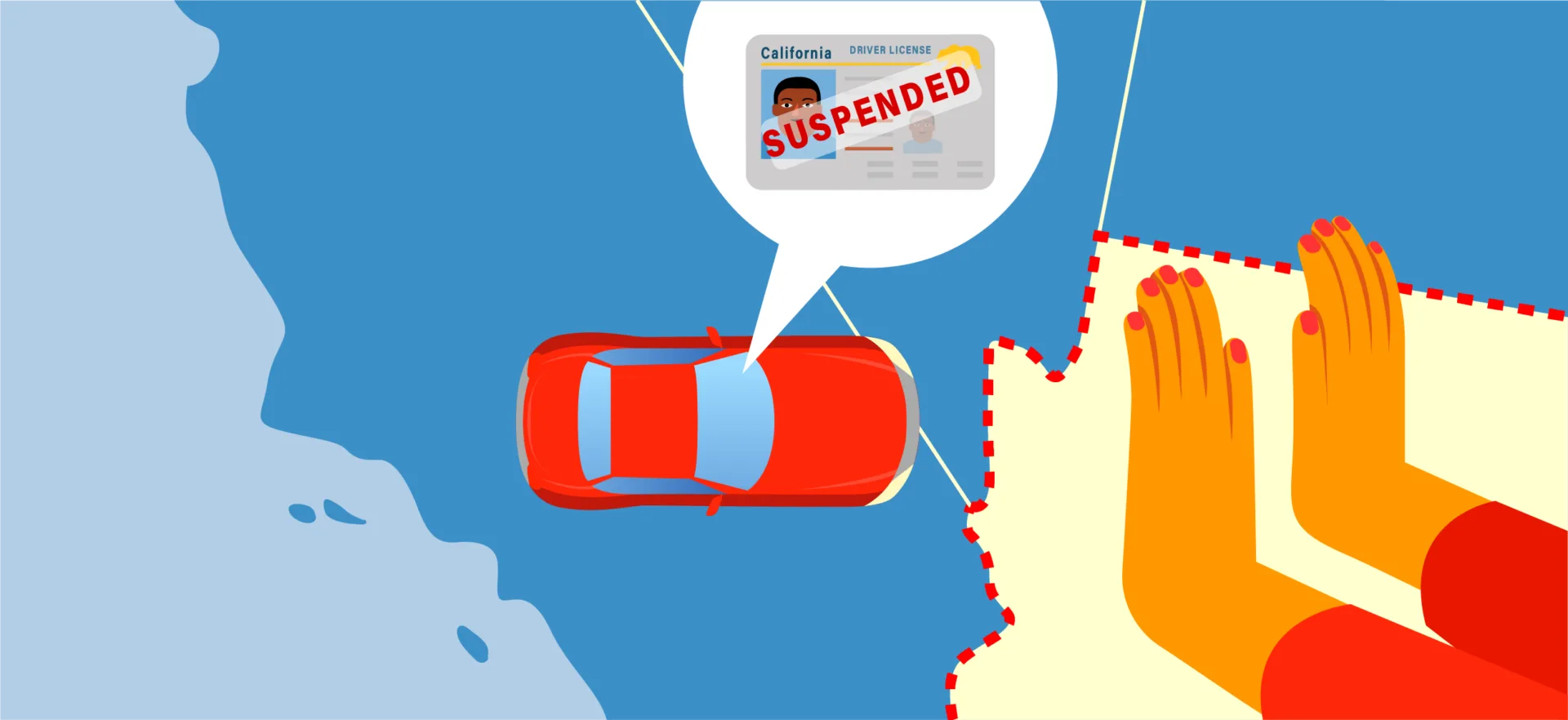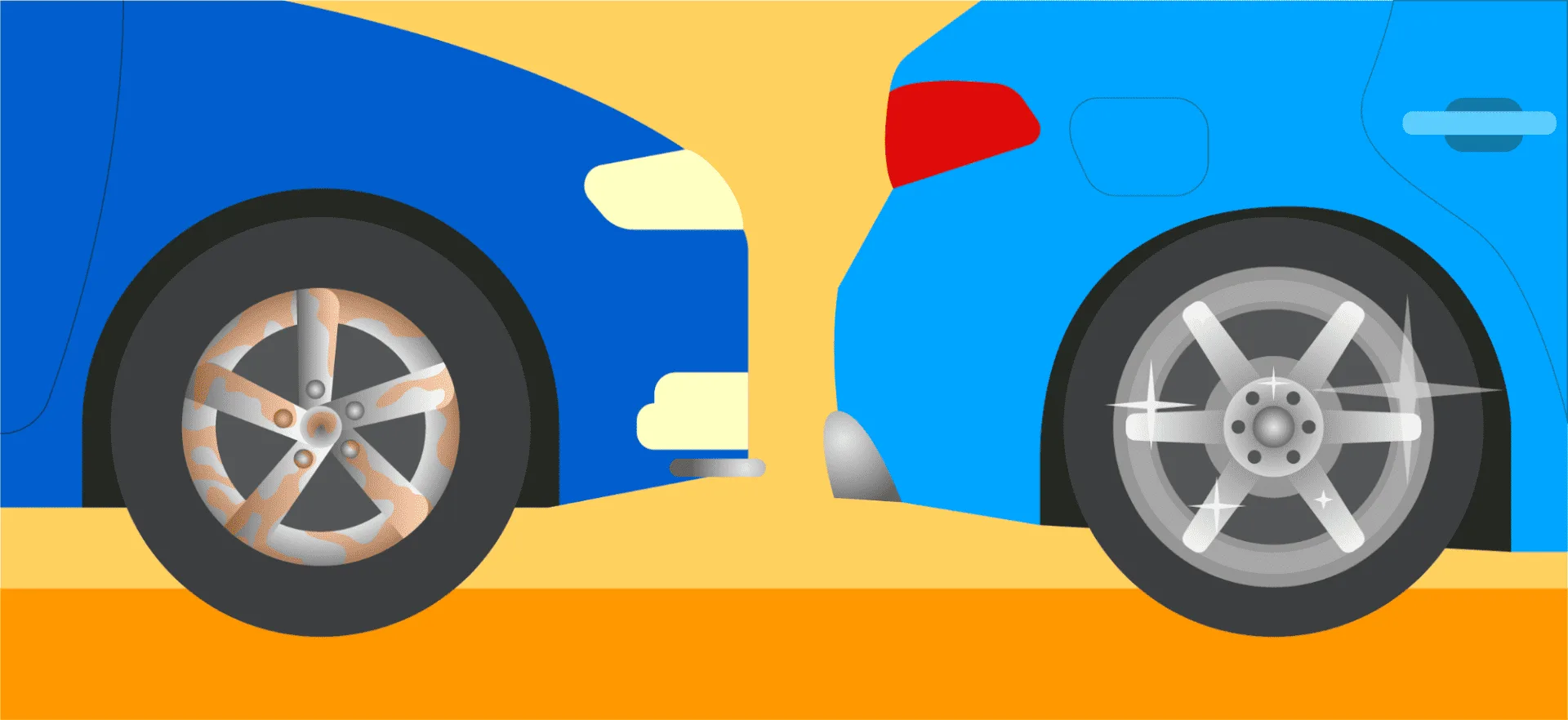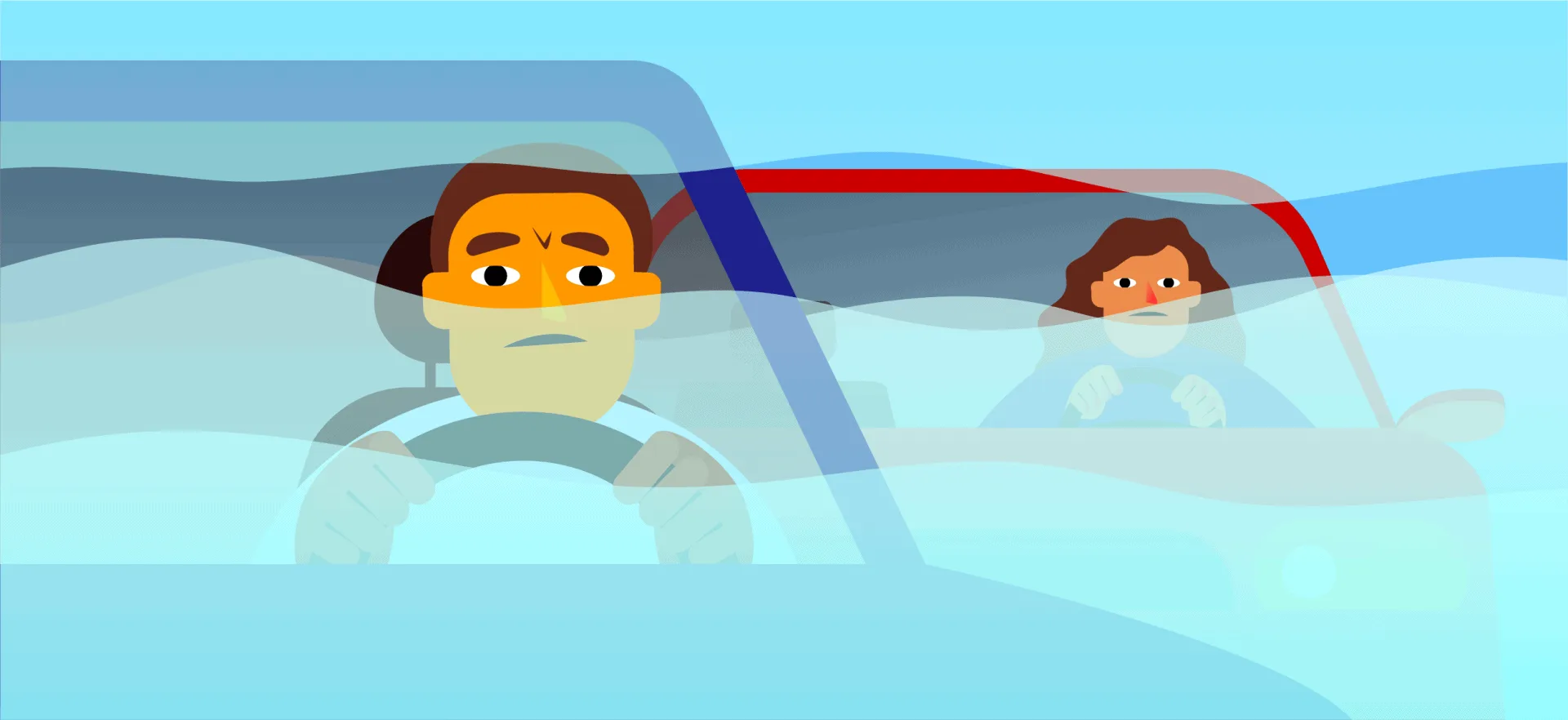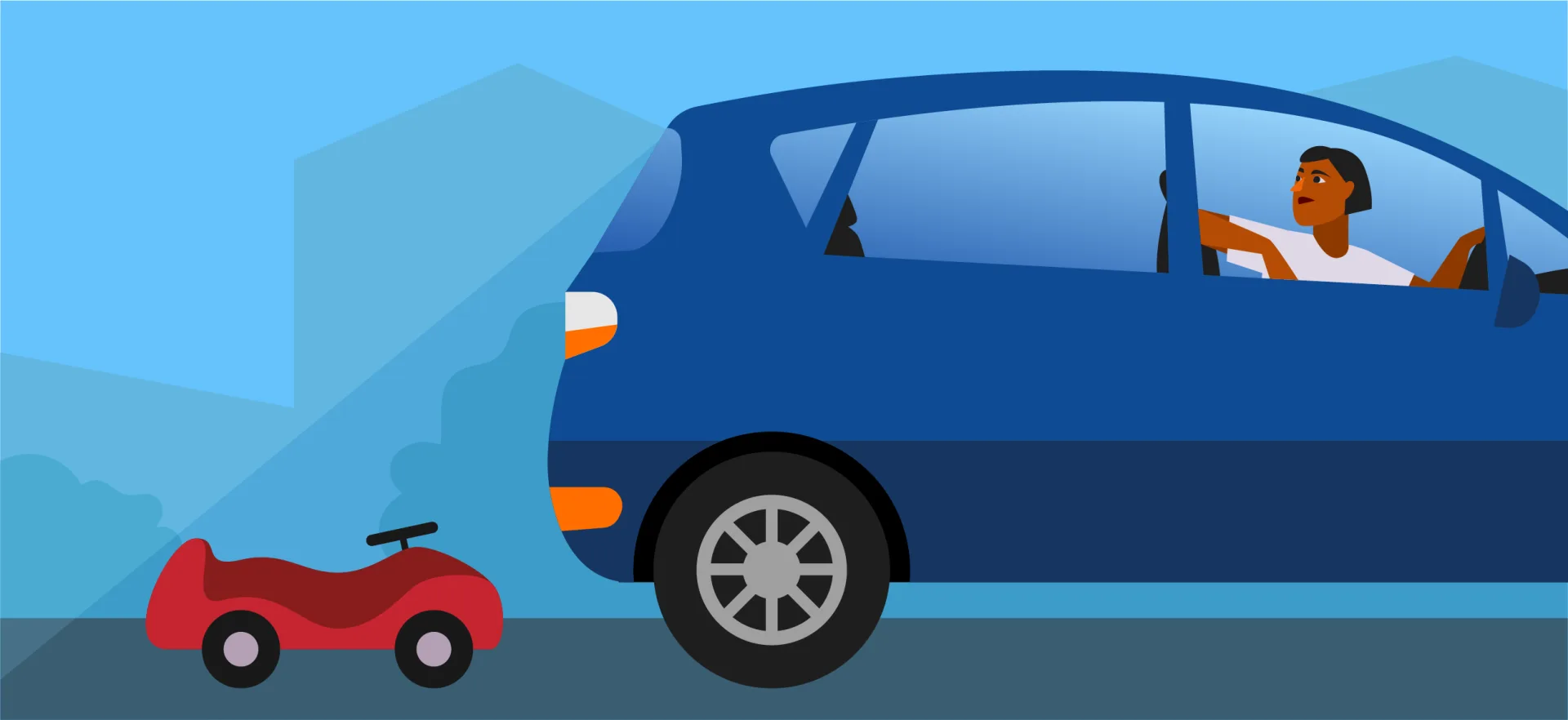Key Takeaways
- The latest rules: As of October 1, 2024, drivers whose licenses expire in 2024 and beyond will no longer need to take a written knowledge test.
- California law requires seniors to renew their driver’s licenses in person every five years.
- This process involves submitting a license renewal application. You’ll also get an eye exam during your visit to the DMV.
- Some seniors, especially those with health conditions that can affect their driving abilities, may need to take a road test.
- The DMV may place restrictions on your driver’s license if you have a physical impairment or certain medical conditions.
- Depending on your circumstances, you may request a hearing if your license renewal application is declined.
When it comes to renewing a driver’s license in California, a different set of rules applies to seniors. If you’re 70 or older, you must renew your license in person at the DMV. As part of this process, you’ll have to take a written test and get your vision checked.
If you’re over 70, here’s everything you need to know about getting your license renewed in California.
Key Things to Know about Senior Driver’s License Renewal in California

Seniors must visit a local DMV office to renew their driver’s license. Once there, they must take and pass a number of tests to ensure they are fit to drive.
One reason is that fatal crash rates increase after age 70-74, according to the Insurance Institute for Highway Safety (IIHS). The data shows that as people age, their abilities can shift rapidly. The DMV’s goal is to ensure that older drivers are still road-safe.
Here are the key things to understand when it’s time to renew.
Seniors Need to Renew Their License Every 5 Years
California driver’s licenses are valid for five years. This applies to senior drivers, too.
Expect to receive a renewal notice by mail about 60 days before your license expires. After that, you must complete a driver’s license renewal application.
Seniors No Longer Need to Take a Knowledge Test to Renew Their License
As of October 1, 2024, seniors no longer need to take a knowledge test to renew their license. Now a visit to the DMV will only require a vision exam and an updated photo. Customers whose licenses expire in 2024 may still receive a renewal notice that indicates that a test is required, but this will be waived when you visit the DMV
Note that people with poor driving records may still be required to complete the knowledge test. The test covers basic traffic laws, safe driving practices, road signs and their meanings, and related topics. The questions are based on information from the California Driver’s Handbook. An online option is available.
Seniors Must Renew Their License in Person at the DMV
Once you have submitted the renewal application, book an appointment at your local DMV to take a vision test and a knowledge test. The latter is only required if you haven’t already done it online.
Some seniors, such as those who don’t meet the minimum vision requirements, may also need to take a road test.
There Is No Medical Exam for License Renewal
You don’t have to undergo a medical examination when renewing your driver’s license. However, your doctor must report to the DMV if you have a medical condition that could impact your driving abilities.
Seniors with severe health issues, such as advanced dementia, may have their driver’s licenses revoked. For less severe conditions, the DMV may only require a behind-the-wheel test to show you can still drive safely.
Traffic school can help you keep a clean driving record, prevent insurance increases, and more!
How to Prepare for California DMV Senior Driver’s License Renewal
Senior driver’s license renewal in California involves several steps, but for the most part, it’s quite straightforward. Plus, you can start the application online to save time.
Step 1: Complete a California Driver’s License Application
Register for an online account with the California DMV (MyDMV). Next, log in to your account and complete a driver’s application form. You’ll need to enter your name, address, social security number, and other identifying information.
Alternatively, visit a local DMV office to fill out the application. If you go this route, you won’t need a MyDMV account.
Step 2: Book an Appointment with the DMV
Schedule an appointment with the DMV to submit your paperwork and undergo further tests. These include:
- An eye exam (required for all senior drivers)
- A standard road test (required for seniors with certain health conditions)
- Additional tests, such as a Supplemental Driving Performance Evaluation (required for some drivers)
You’ll also have to pay a $35 license renewal fee.
Step 3: Get a Temporary License
If you pass the tests and have your paperwork in order, you’ll likely get a temporary driver’s license. This document is valid until your new license arrives by mail.
Step 4: Receive Your New Driver’s License
Expect to receive your new driver’s license within 60 days. In the meantime, you can check its status online via your MyDMV account.
What to Bring for Senior Driver’s License Renewal in California
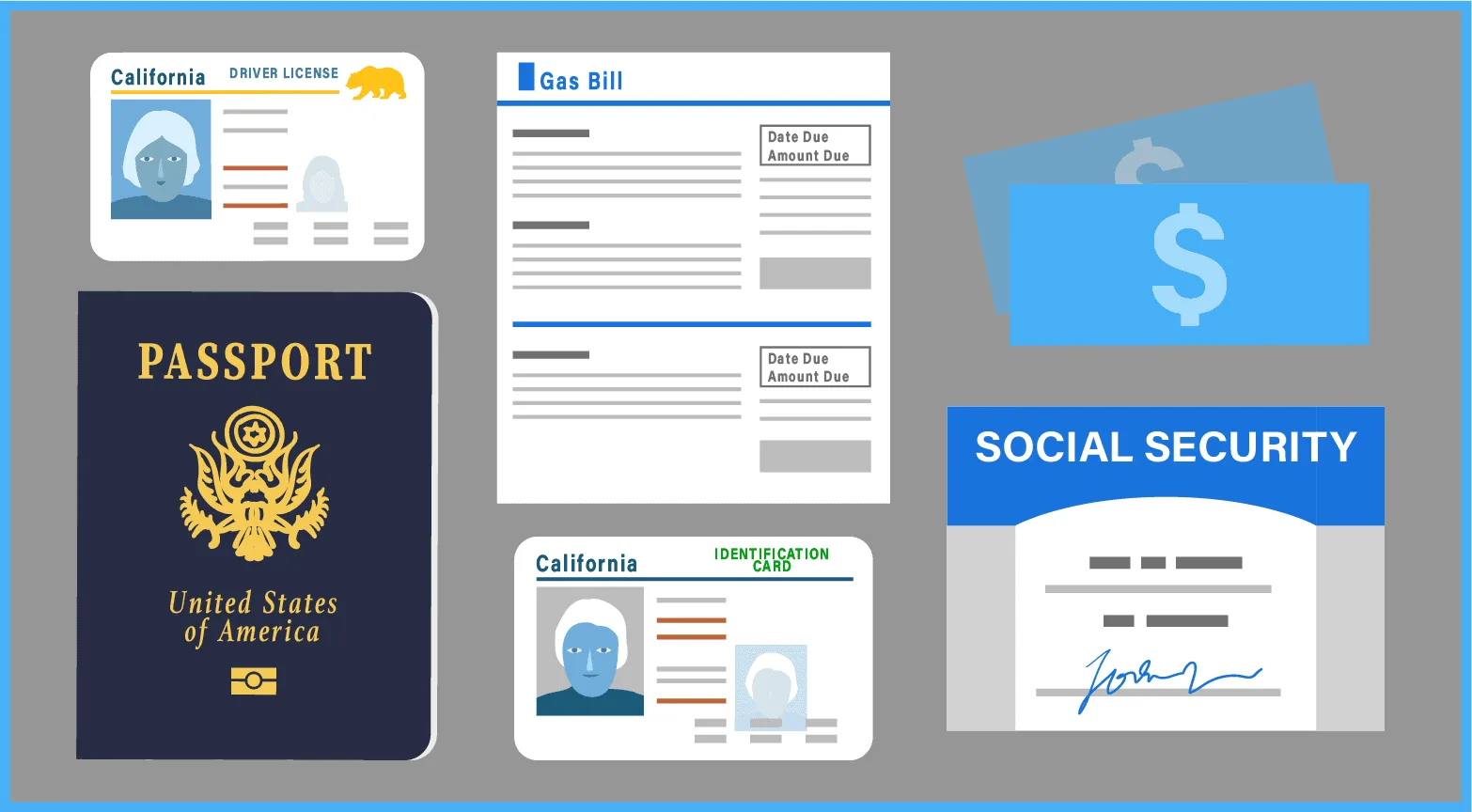
Even if you fill out the driver’s license application online, you must still bring some documents to the DMV. Here’s what you’ll need:
- Driver’s license application (if you haven’t filled it out online)
- Identification documents. Bring at least two documents confirming your identity. You can use your current driver’s license, birth certificate, U.S. passport, permanent resident card or certificate of naturalization.
- Social security number
- Proof of residency. You will need two forms of proof of residency, which can include a mortgage statement, lease, utility bill, or bank statement.
- Eyeglasses or contact lenses: If you wear eyeglasses or contact lenses, bring them with you for the vision test.
- $35 renewal fee (if you haven’t paid it online)
Note that you may have to pay additional fees if the DMV requires you to complete any driving or skills tests.
What to Expect When You Arrive at the DMV
In-person license renewal allows authorities to identify and evaluate older drivers with potential impairments. For example, they can see when someone shows signs of confusion or has mobility issues that could affect their driving performance.
That said, here’s what to expect during your visit to the DMV:
- Check-in at the information desk
- Submit the required documents
- Get an eye exam
- Have your photo taken
- Provide a thumbprint
- Pay the renewal fee
- Receive a temporary license
As discussed earlier, the DMV may also require additional tests for seniors with certain health issues. These typically include:
- A standard behind-the-wheel test
- An Area Driving Performance Evaluation (DPE)
- A Supplemental Driving Performance Evaluation (SDPE)
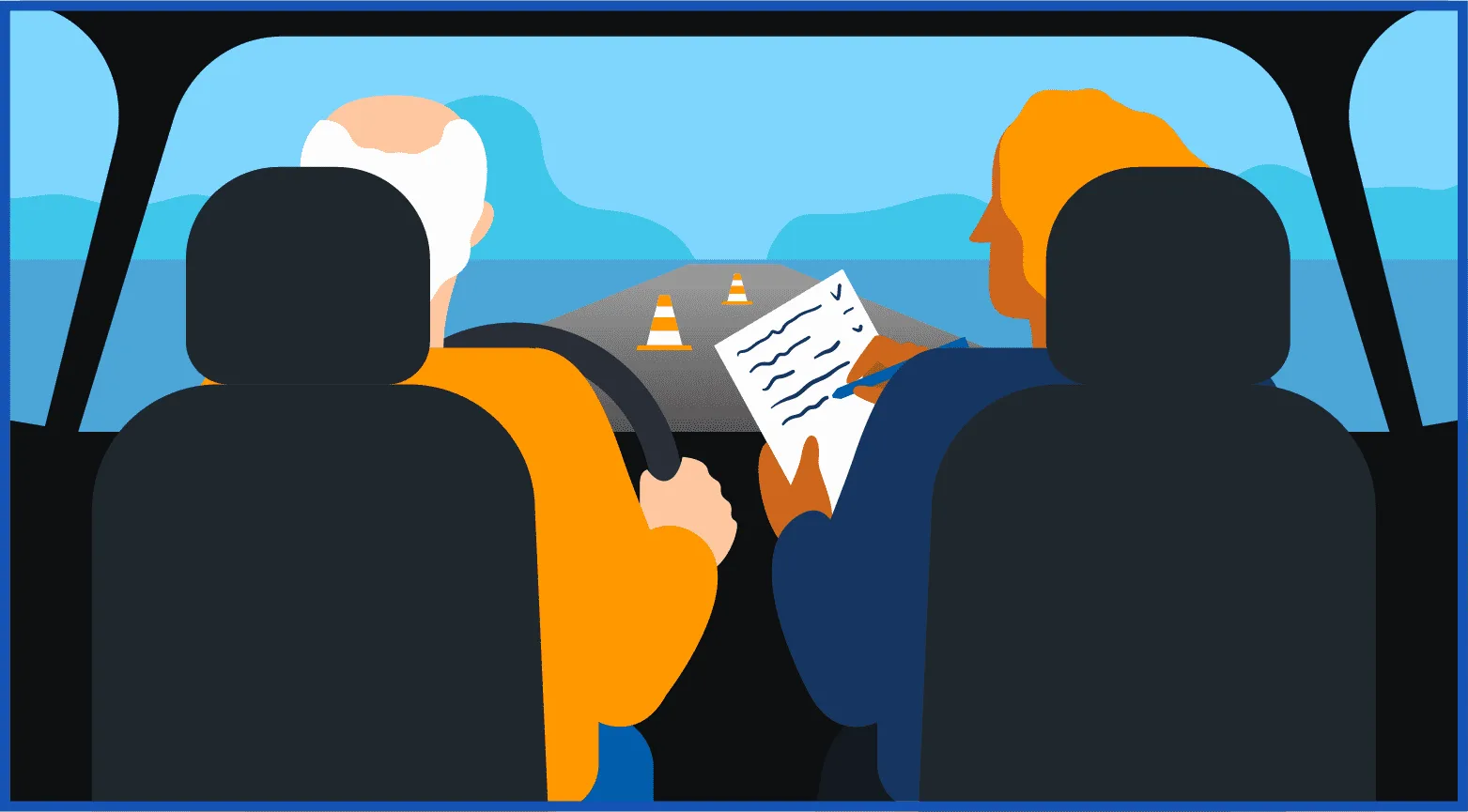
The SDPE is a general driving test administered to new drivers or those needing to demonstrate basic driving skills. It covers a wide range of basic driving tasks like lane usage, turns, stop sign compliance, and parking.
The Area DPE is for individuals who have shown specific driving limitations, who have been referred by a physician, or for those renewing licenses with restrictions due to medical issues. It may also be required for seniors whose abilities are in question. This is a shorter test and focuses on the area in which the driver normally travels.
After an AREA DPE, your license may be restricted to driving only on certain routes in the area where the test was administered.
Read: California Vehicle Registration Guide
Things That Can Prevent You from Getting Your License Renewed
In some cases, the DMV may refuse to renew a senior’s driver’s license. This usually happens when applicants fail one of the tests or have medical issues that can affect their ability to drive.
Expect to have your application declined if:
You Fail the Eye Exam
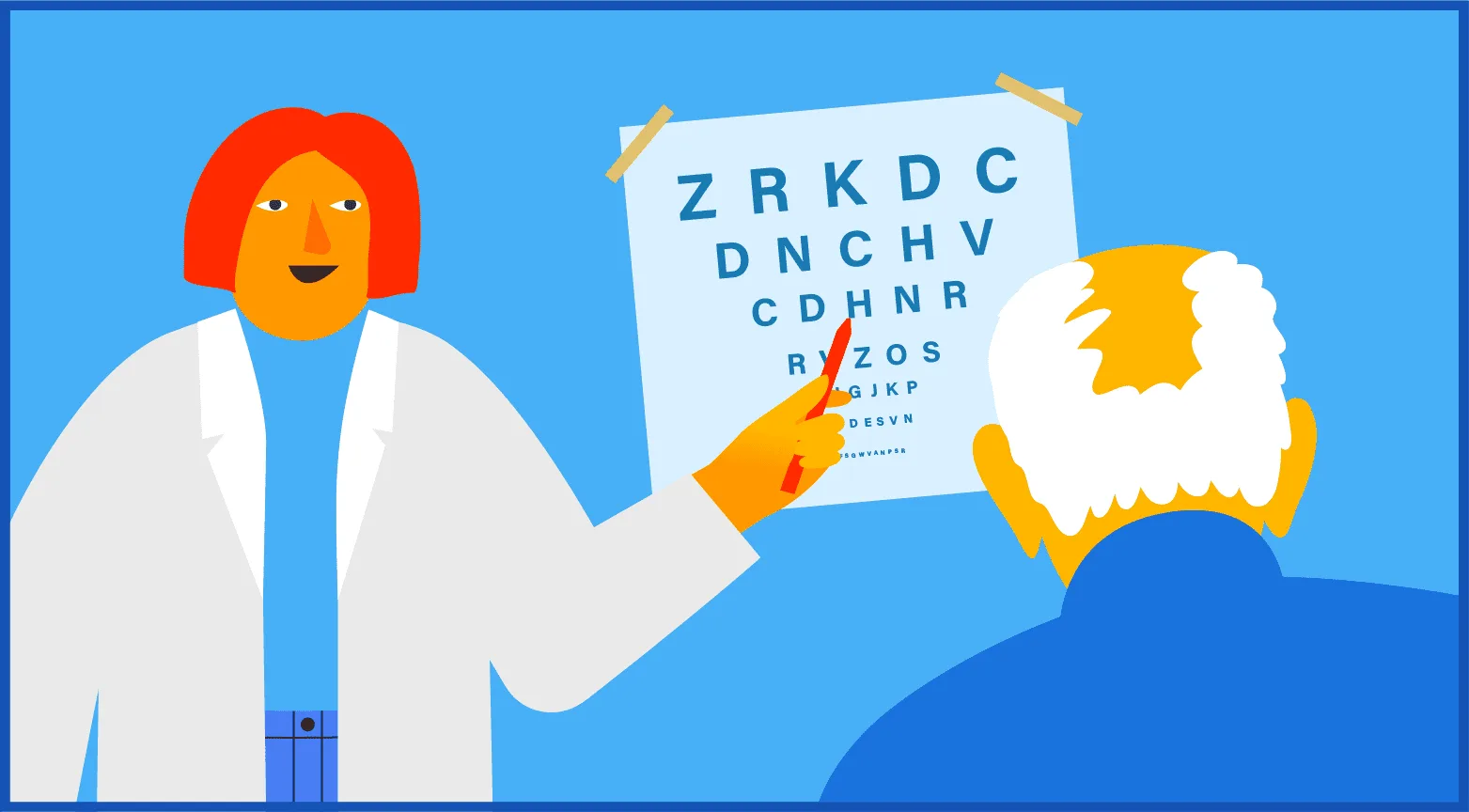
All drivers, regardless of age, must have a visual acuity of 20/40 in both eyes or 20/70 in one eye and 20/40 in the other eye, with or without eyeglasses.
If you fail the vision test, the DMV will refer you to an eye doctor. They’ll conduct further tests and fill out Form DL 62 (Report of Vision Examination).
After that, you must submit this form to the DMV. If the report states that you can still drive safely, the DMV will ask you to take a road test or undergo an SDPE. Then they’ll determine whether or not you can have your license renewed.
But if you’re considered legally blind (meaning you have 20/200 vision or worse), the DMV may not allow you to take a road test. Consequently, your driver’s license will be revoked. You can request a hearing and have your vision tested again.
You Have Certain Medical Conditions
The DMV may decline your application if you have severe physical or mental disorders, such as:
- Dementia
- Diabetes
- Epilepsy
- Health conditions that could cause you to lose consciousness
- Certain sleep disorders, such as narcolepsy
- Macular degeneration
- Cataracts
In such cases, your only option is to request a hearing and undergo further tests.
You Owe Child Support
The DMV may suspend your license or refuse to renew it if you’re behind on child support. These restrictions will be in place until you solve the issue with the appropriate authorities.
Also, you may not be able to renew your license if you fail to attend a DMV hearing, provide Form DL 62 or other documents, or complete a court-ordered program, such as DUI school.
Restricted Licenses for Senior Drivers in California
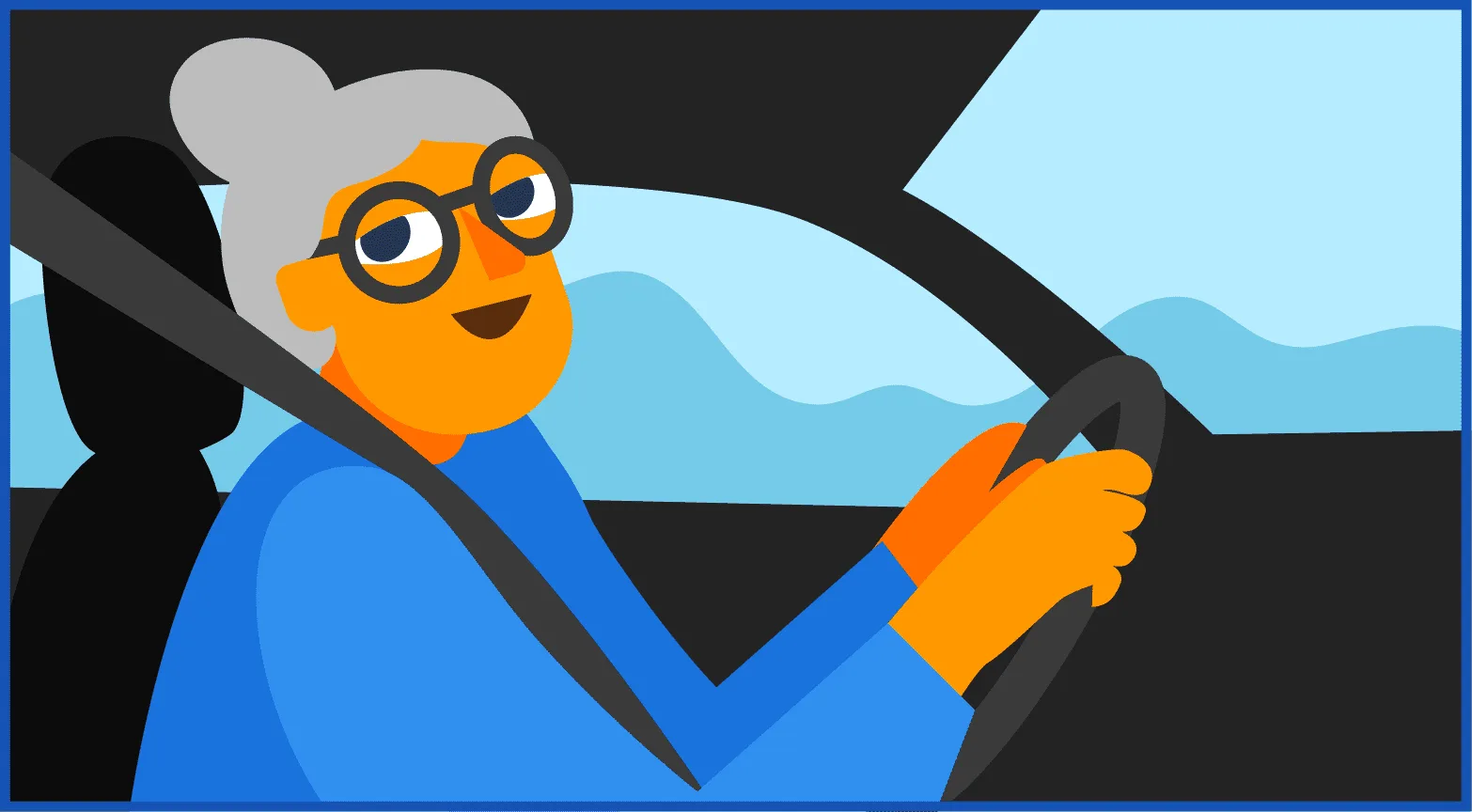
Poor vision and other physical or mental conditions won’t necessarily result in a revoked license. The DMV may issue a new driver’s license – but with certain restrictions. The document will have an “RSTR” code printed on it.
For example, you may not be allowed to drive at night (RTSR 2). Or you might need to wear corrective eyewear while behind-the-wheel (RTSR 1).
Other common restrictions include:
- No freeway driving
- No driving during rush hour traffic
- No driving outside of designated areas
There are also cases where a driver can only operate vehicles equipped with an automatic transmission, left-foot gas pedals, or dual mirrors. These restrictions usually apply to individuals with physical impairments, such as an amputated limb.
According to Simmrin Law Group, it’s possible to get a restricted license following a DUI conviction. You may still drive, but only during specific hours or for specific purposes (e.g., going to church).
Alternative Forms of ID
A driver’s license is a standard form of personal identification. If, for some reason, you cannot renew your license, you’ll need another form of photo ID.

One option is to use a passport for identification purposes. Alternatively, request a state ID card from the DMV. These are free for seniors.
If your license is revoked or you turn it in automatically, the DMV will issue you a state ID upon request.
Stay Safe on the Road
As we all know, our senses become less sharp as we get older. We may experience changes in our vision and hearing, which can affect our ability to react in traffic.
Aging can also affect coordination, attention span, and other skills required for staying safe behind the wheel. Your driving experience can compensate for some of these issues, but it may not be enough to prevent a crash.
With that in mind, listen to your body before going behind the wheel. Double-check your surroundings, follow traffic rules, and stay alert. Look for alternative means of transportation if you’re feeling tired or unwell.
Last but not least, consider enrolling in a Mature Driver Improvement Program. Our online course will prepare you for senior driver’s license renewal in California and lower your car insurance rates.
FAQs about Senior Driver’s License Renewal in California
Still seeking information? Here are the answers to some frequently asked questions.
What is the test for senior driver’s license renewal in California?
As of October 1, 2024, drivers whose licenses expire in 2024 and beyond will no longer need to take a written knowledge test.
In some cases, the DMV may also require a standard behind-the-wheel test and additional tests, such as a Supplemental Driving Performance Evaluation (SDPE).
At what age do seniors have to take a driving test in California?
Drivers aged 70 or older may need to take a road test when renewing their license. This extra step is usually required for those with vision problems or other medical conditions.
Do I need a medical examination to renew my license at 70?
No, you don’t need a medical examination to get your driver’s license renewed.
However, the DMV may require certain medical tests if there are concerns about your ability to drive safely. For example, seniors who fail the eye exam must undergo further tests to have their vision thoroughly checked.
Do I need a new photo to renew my driving license at 70?
Yes, you’ll need to have your photo taken at the DMV when renewing your driver’s license.
What is the DMV eLearning course for seniors?
The eLearning course is an online training program designed to refresh and test your driving knowledge. It has seven modules, and each section ends with a quiz.
Most applicants need 20 to 30 minutes to complete the course. You can study at your own pace and take the quizzes as many times as needed until you pass. You can do this online before going to the DMV to renew your driver’s license.







